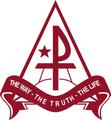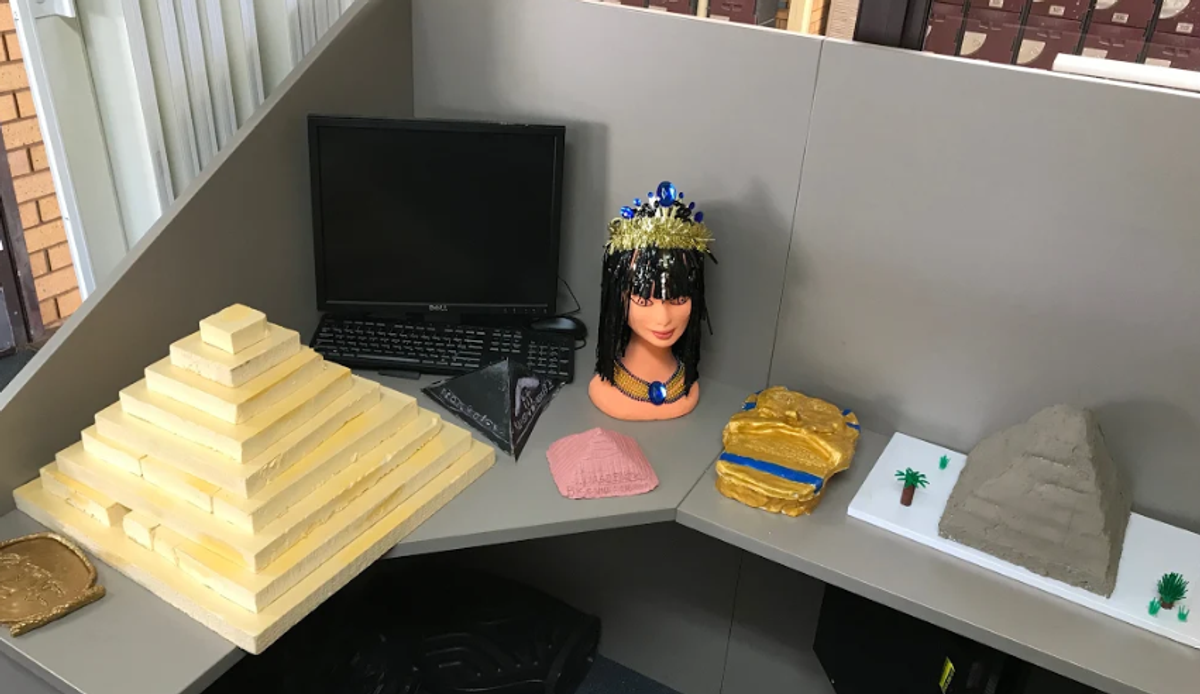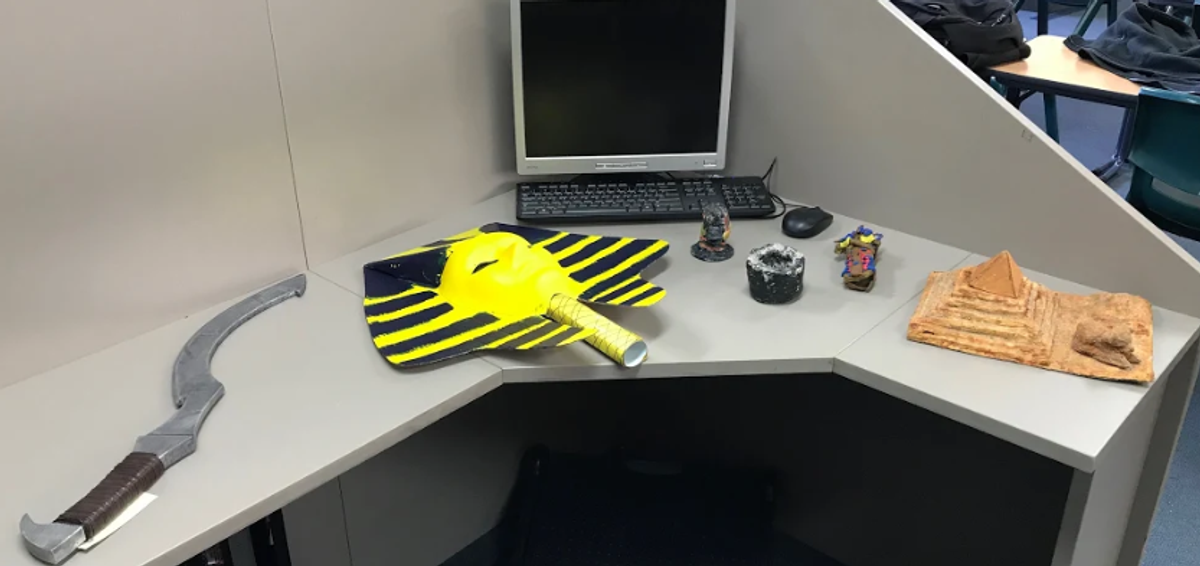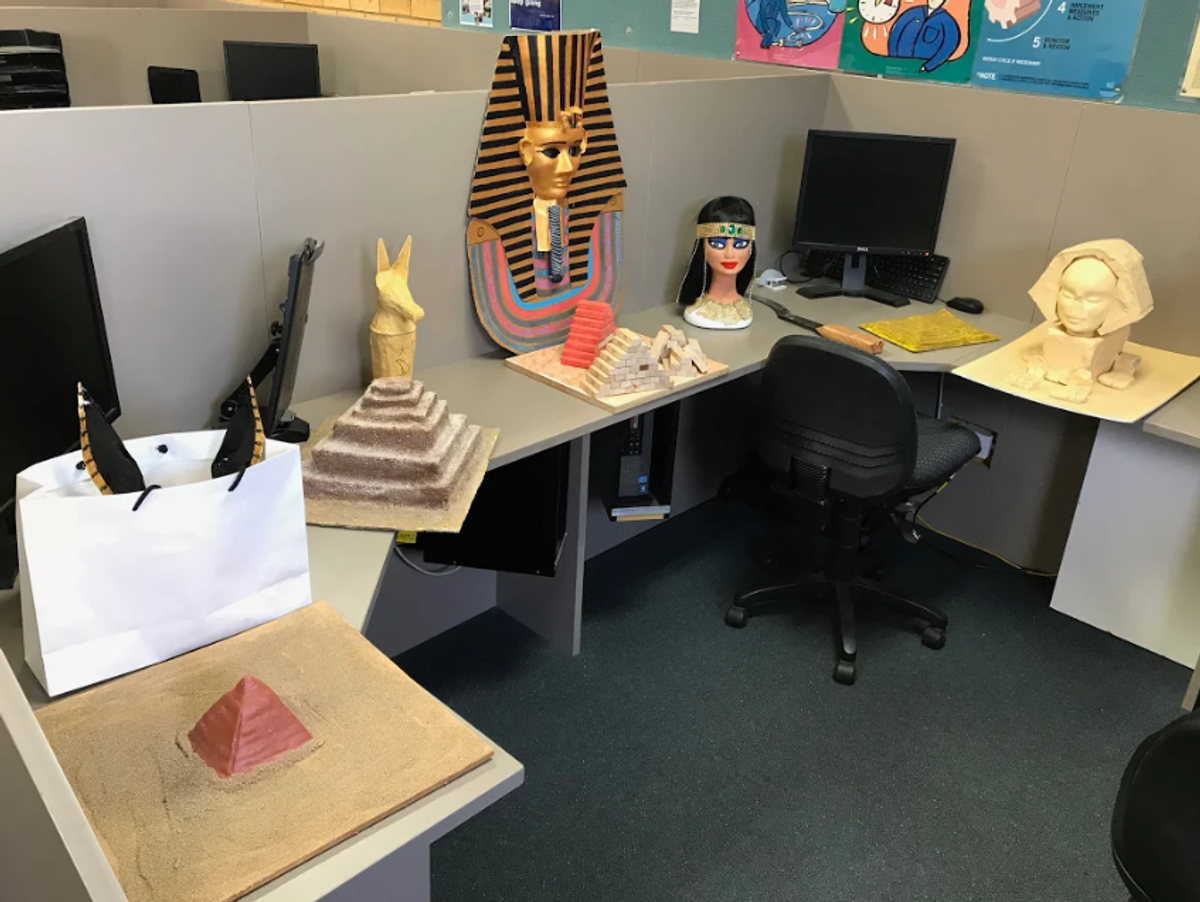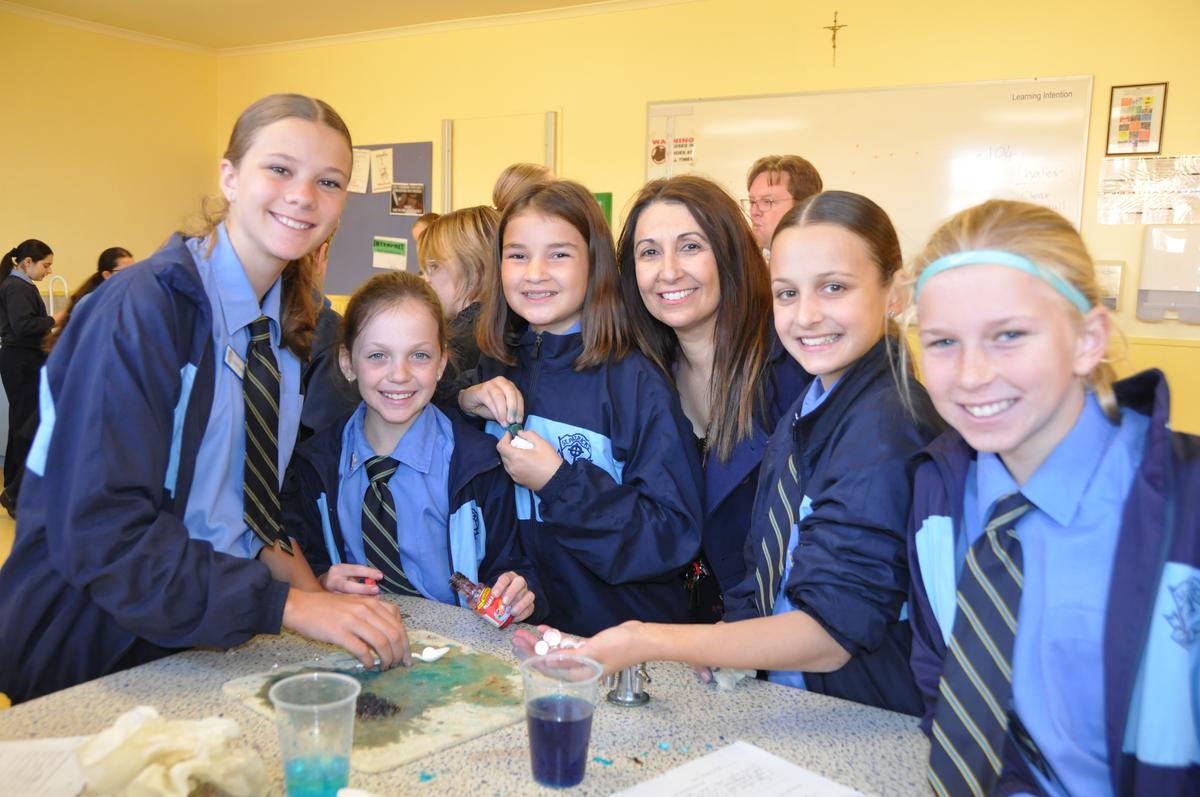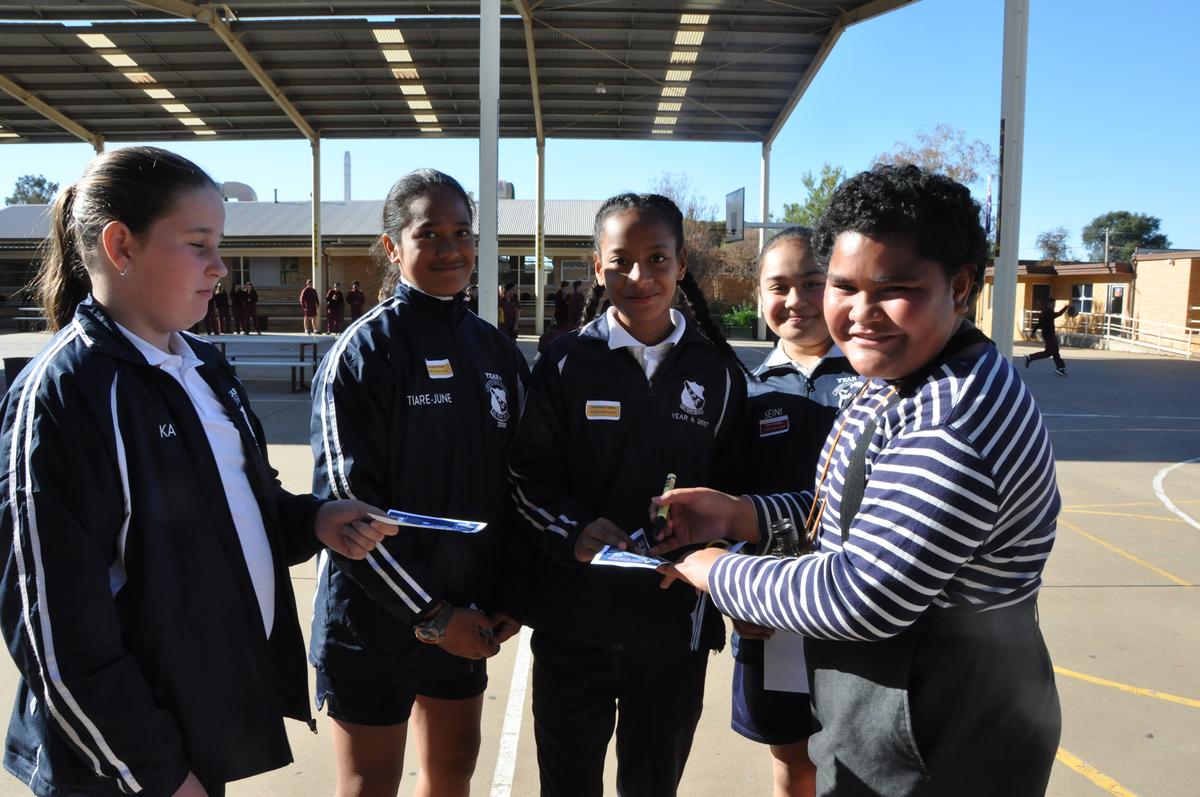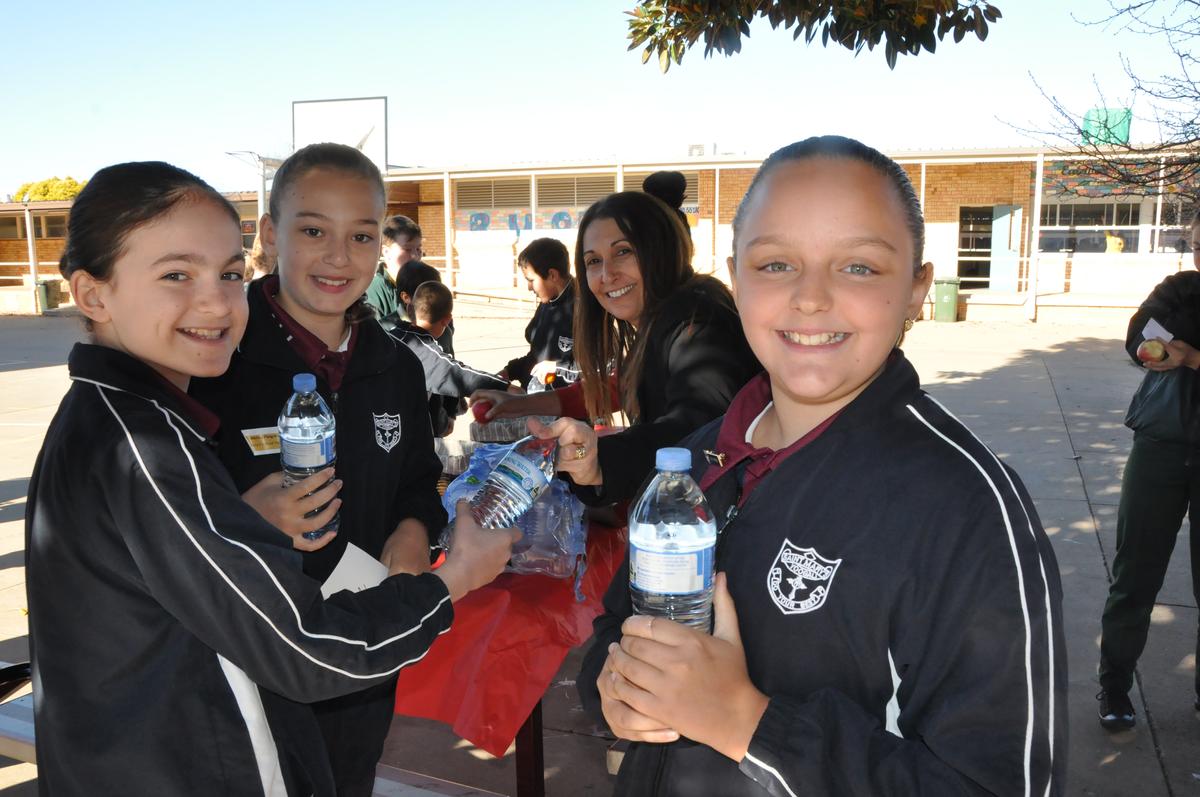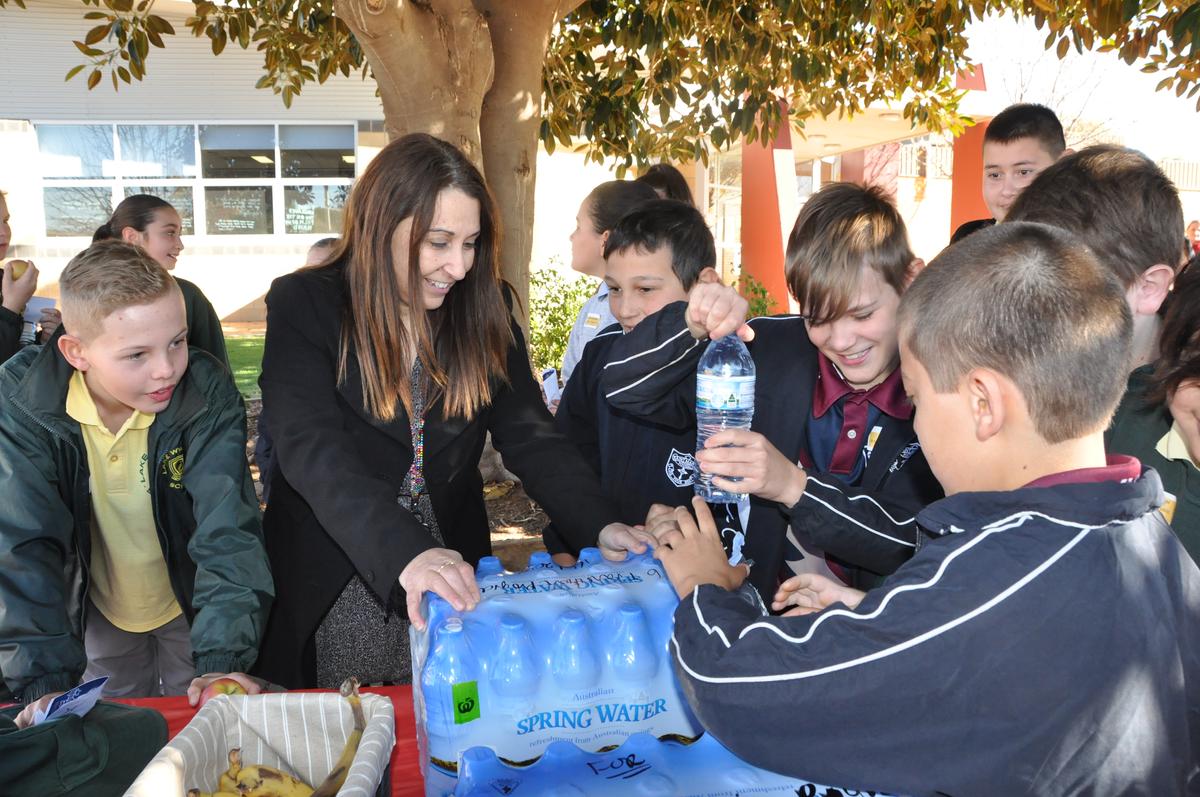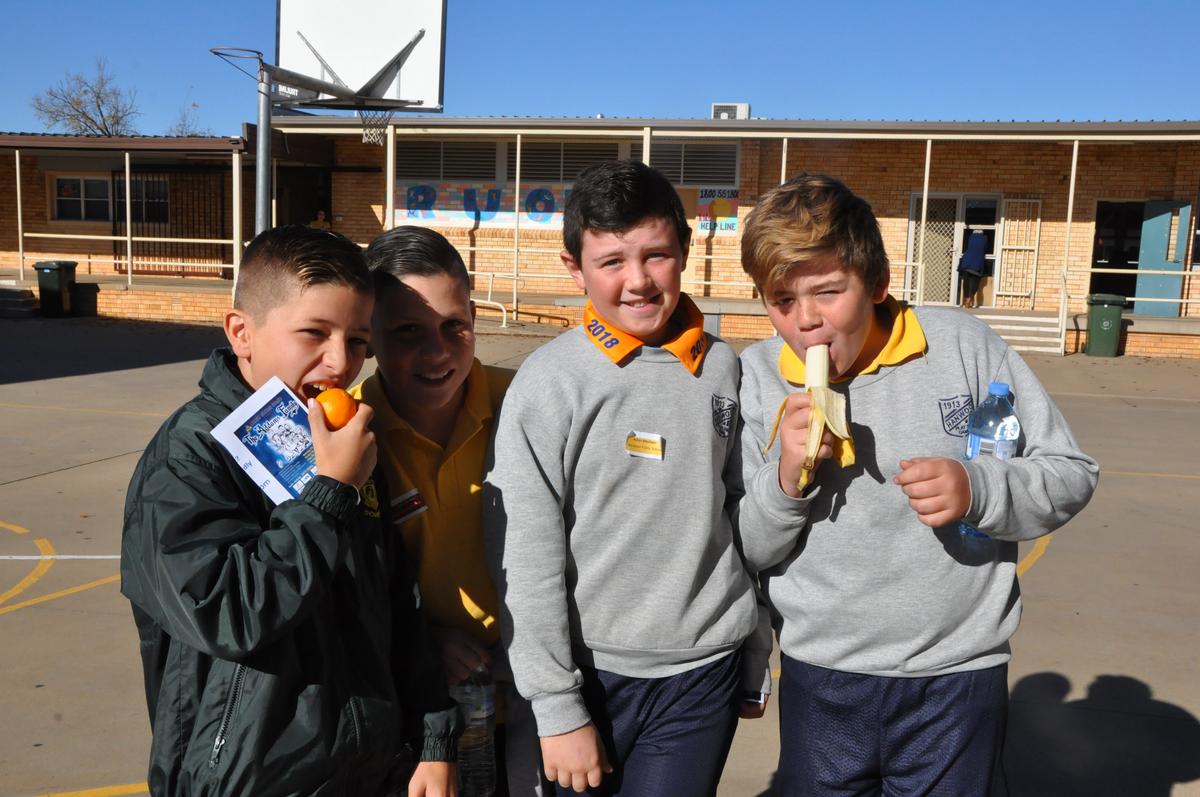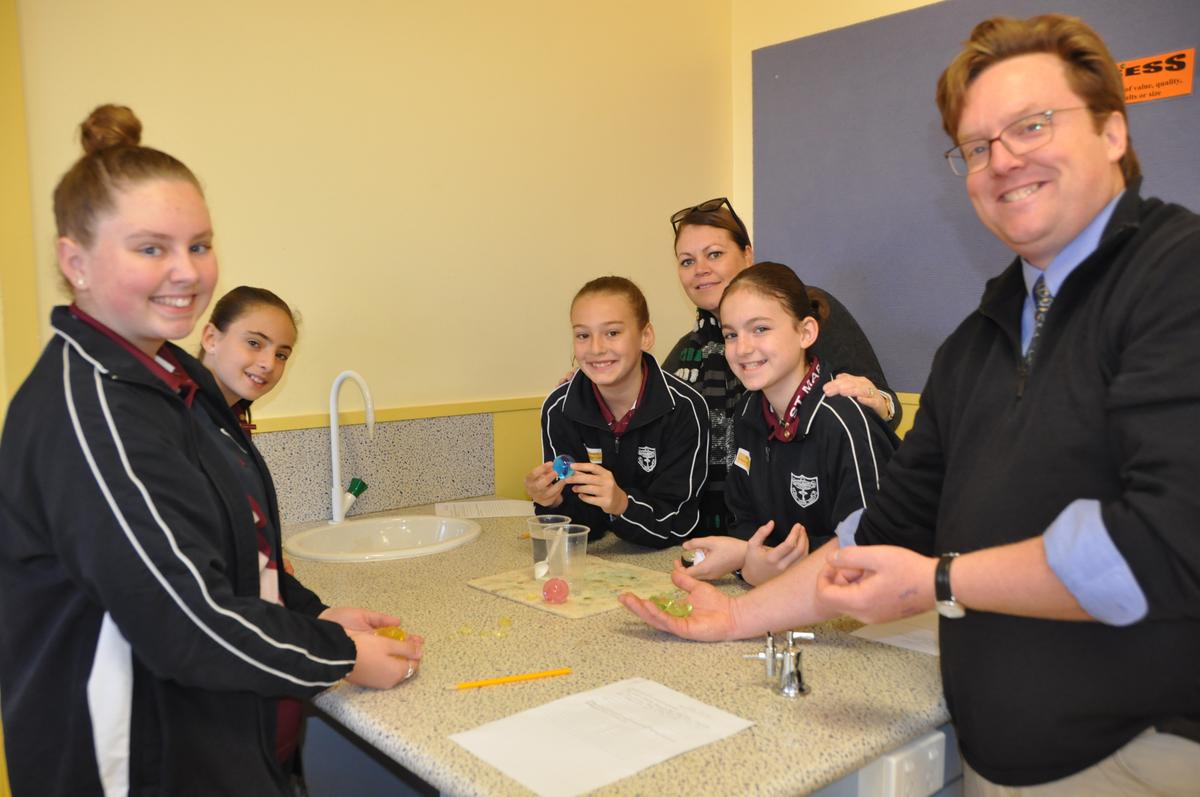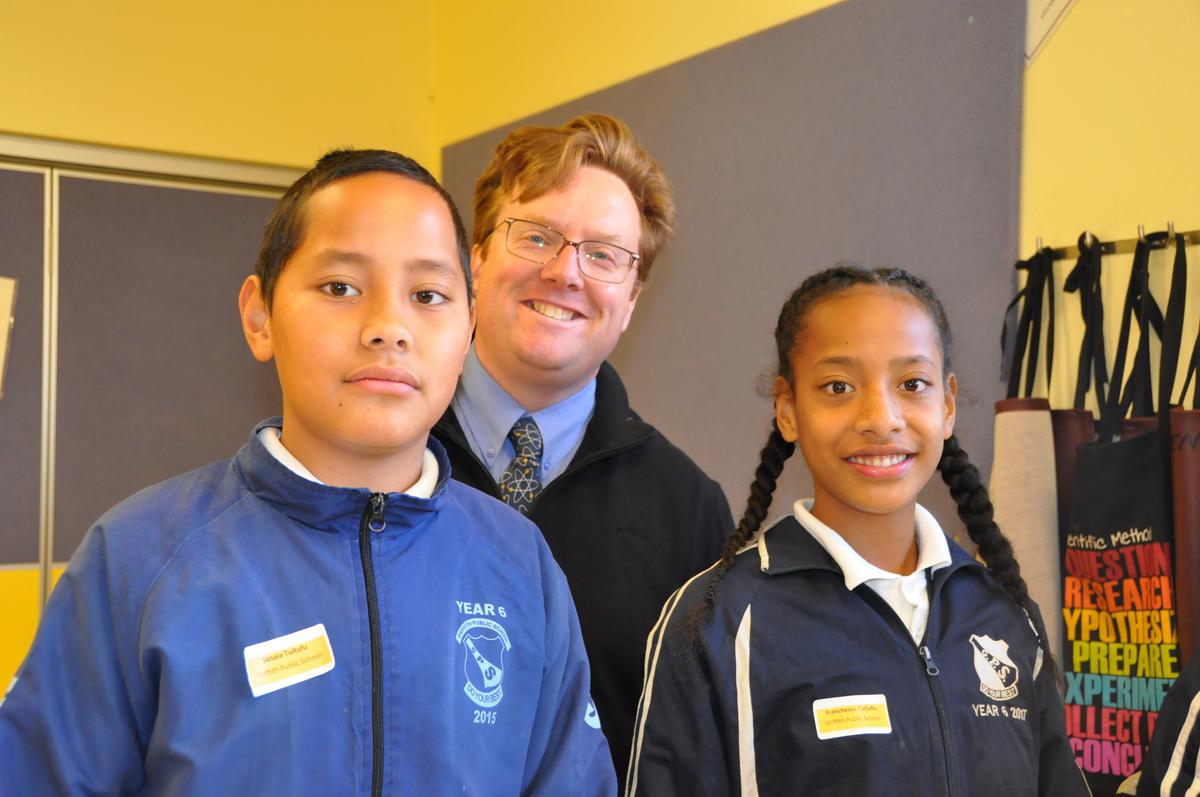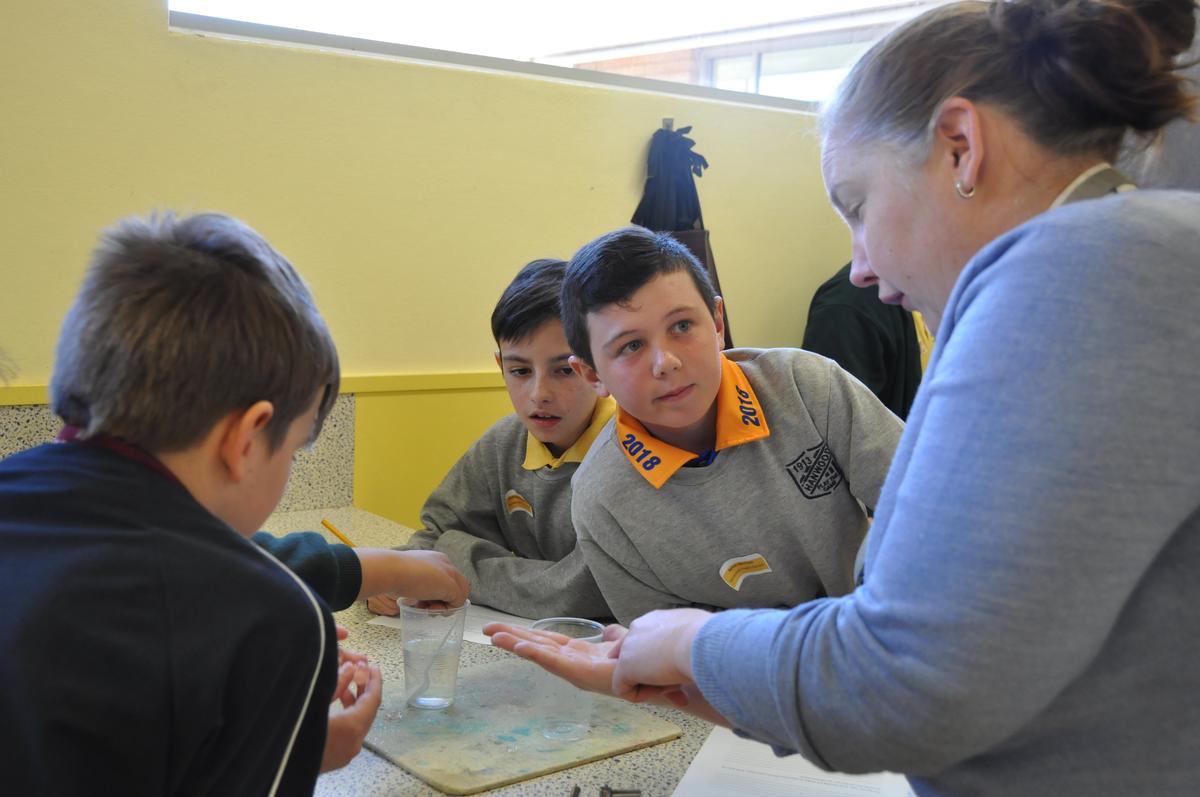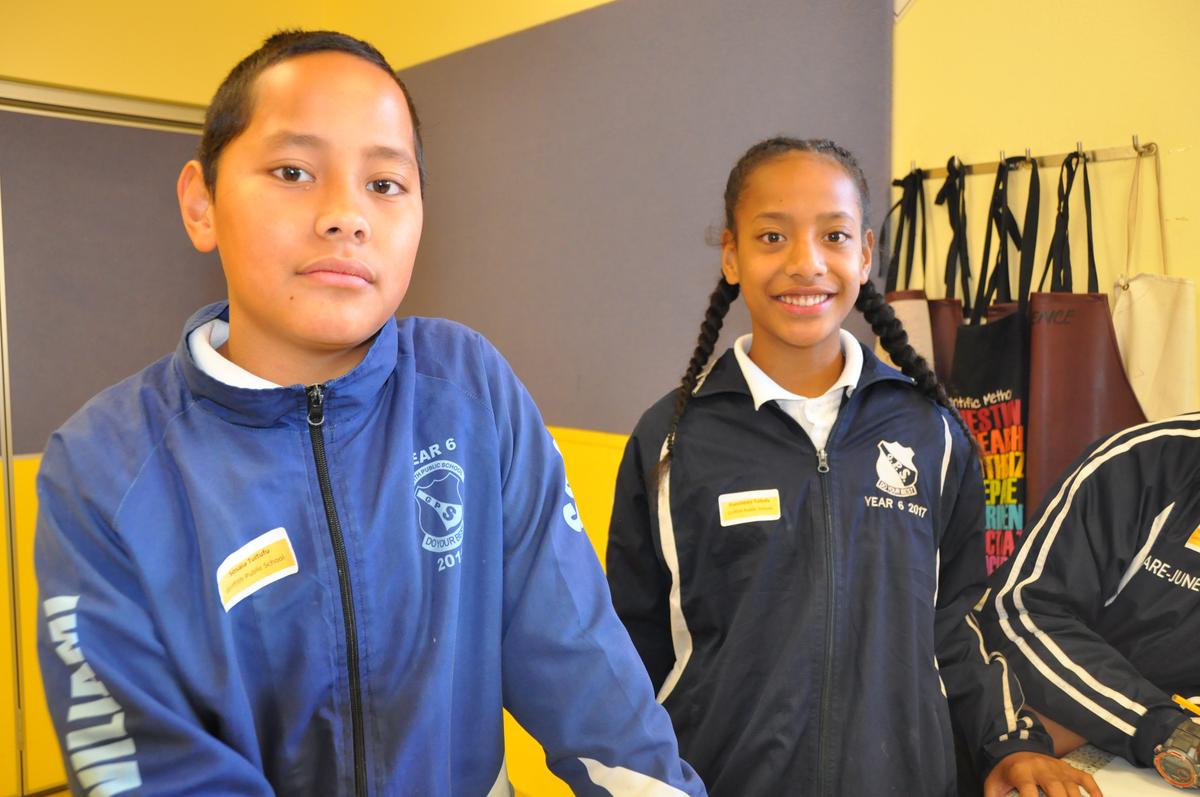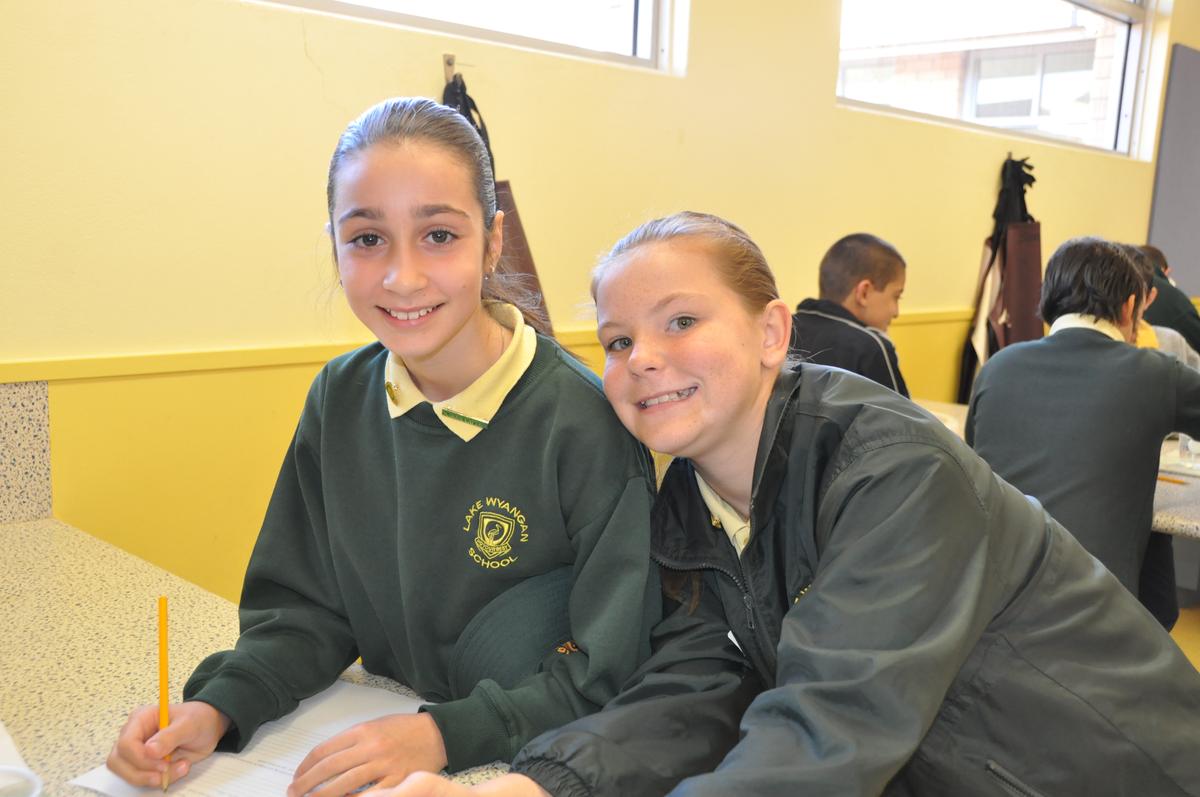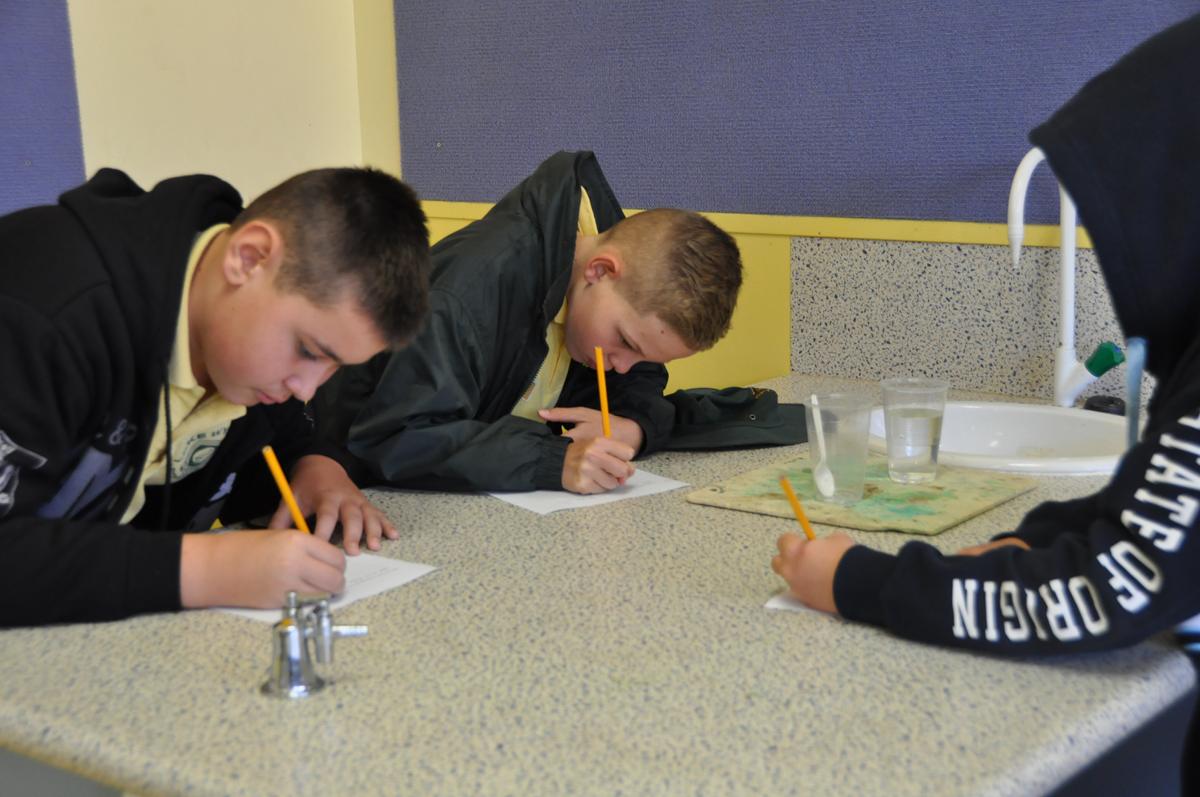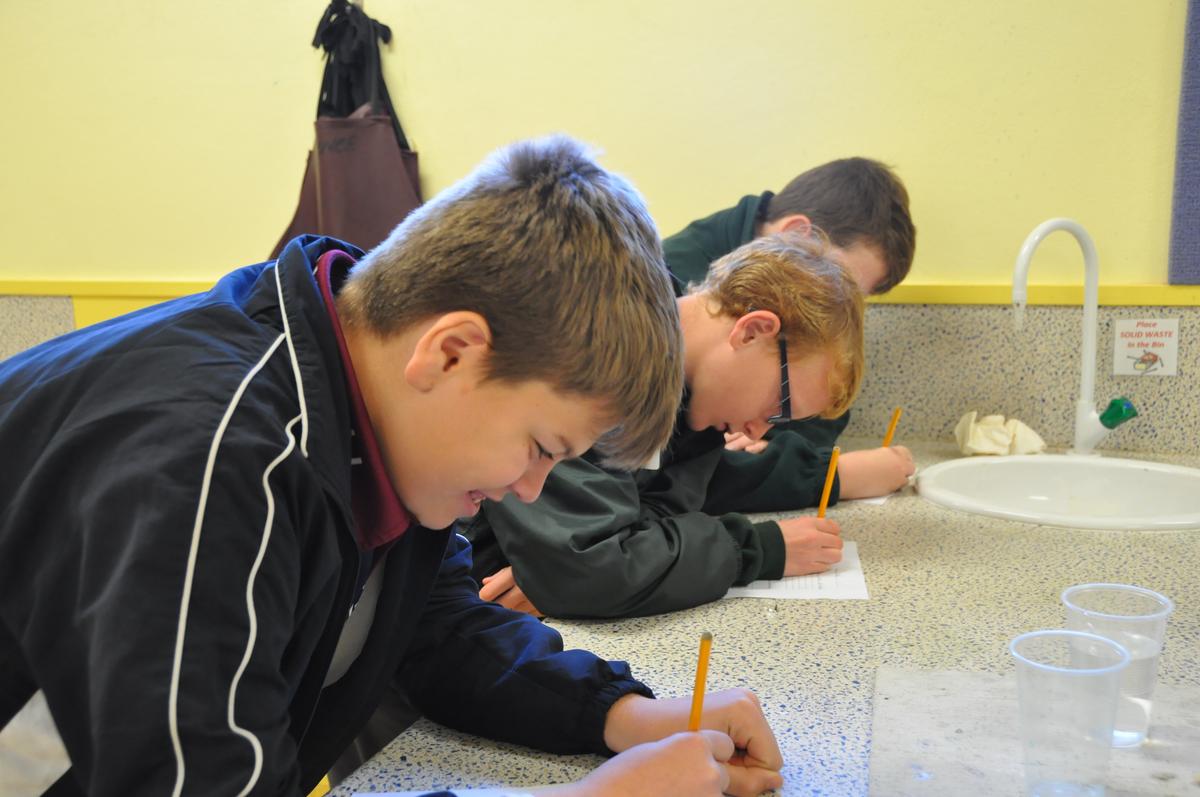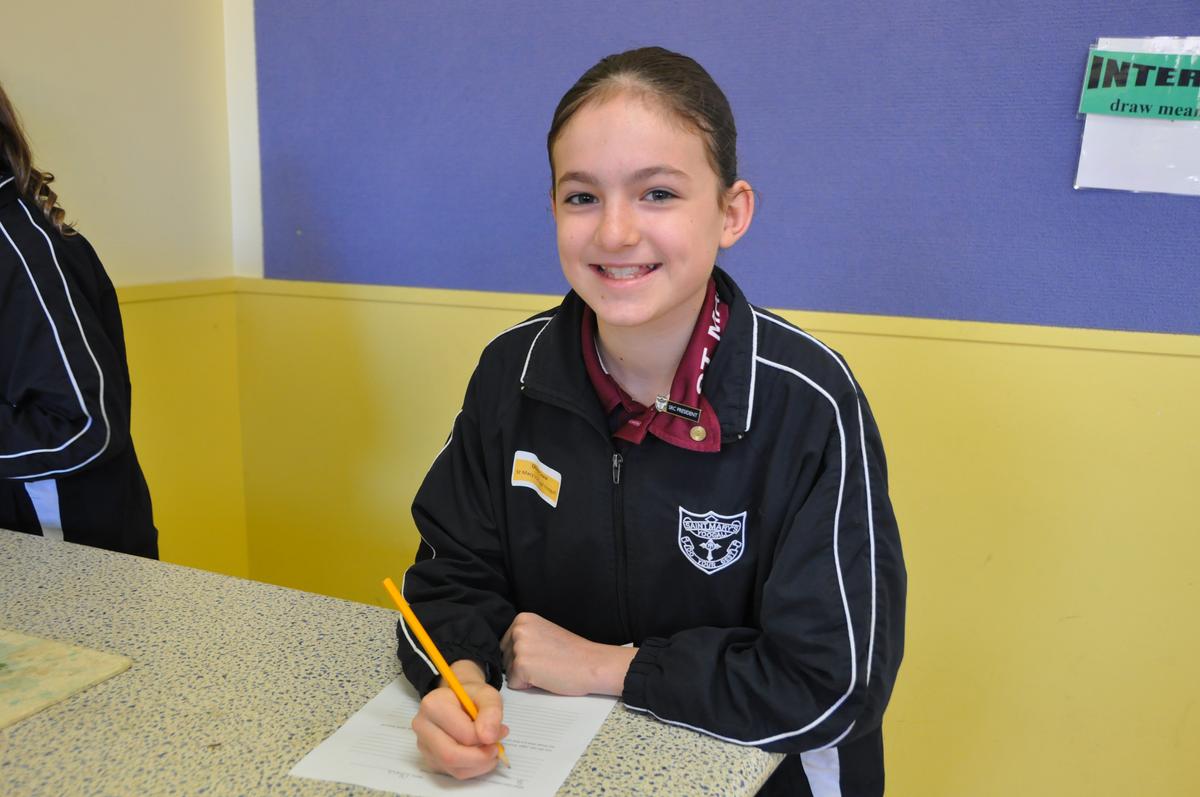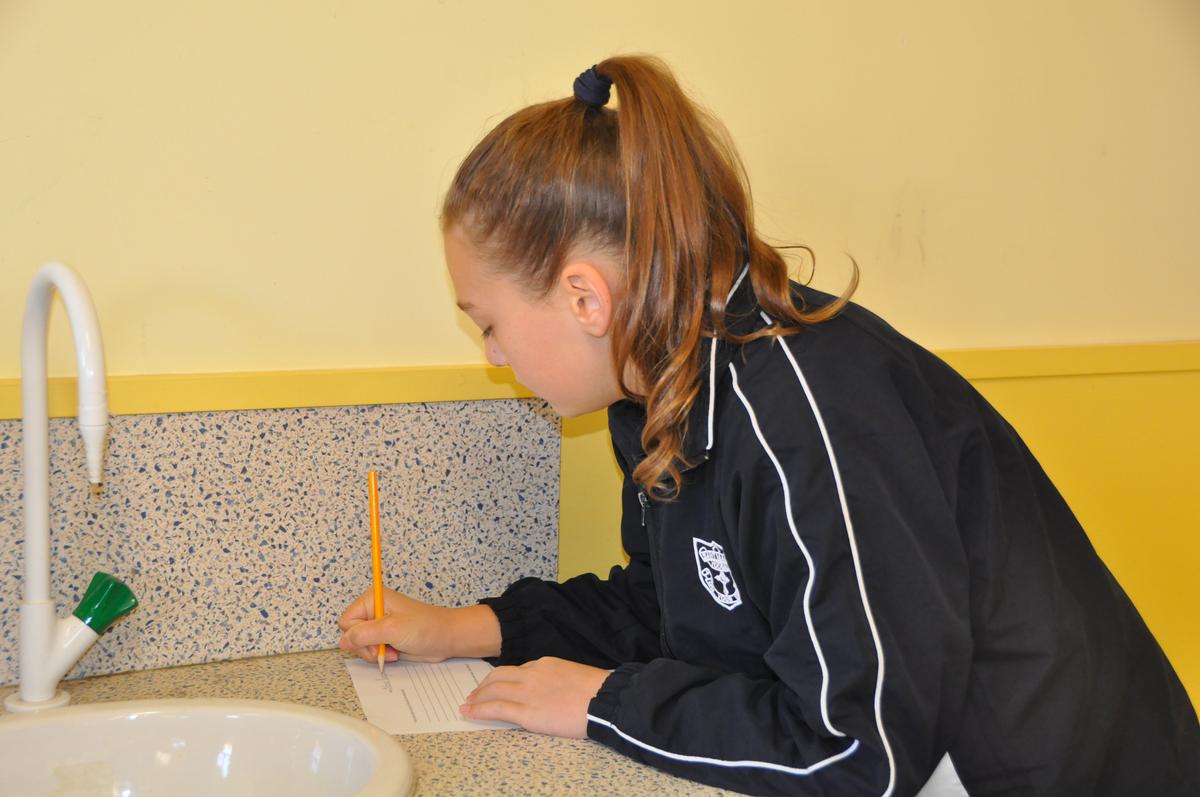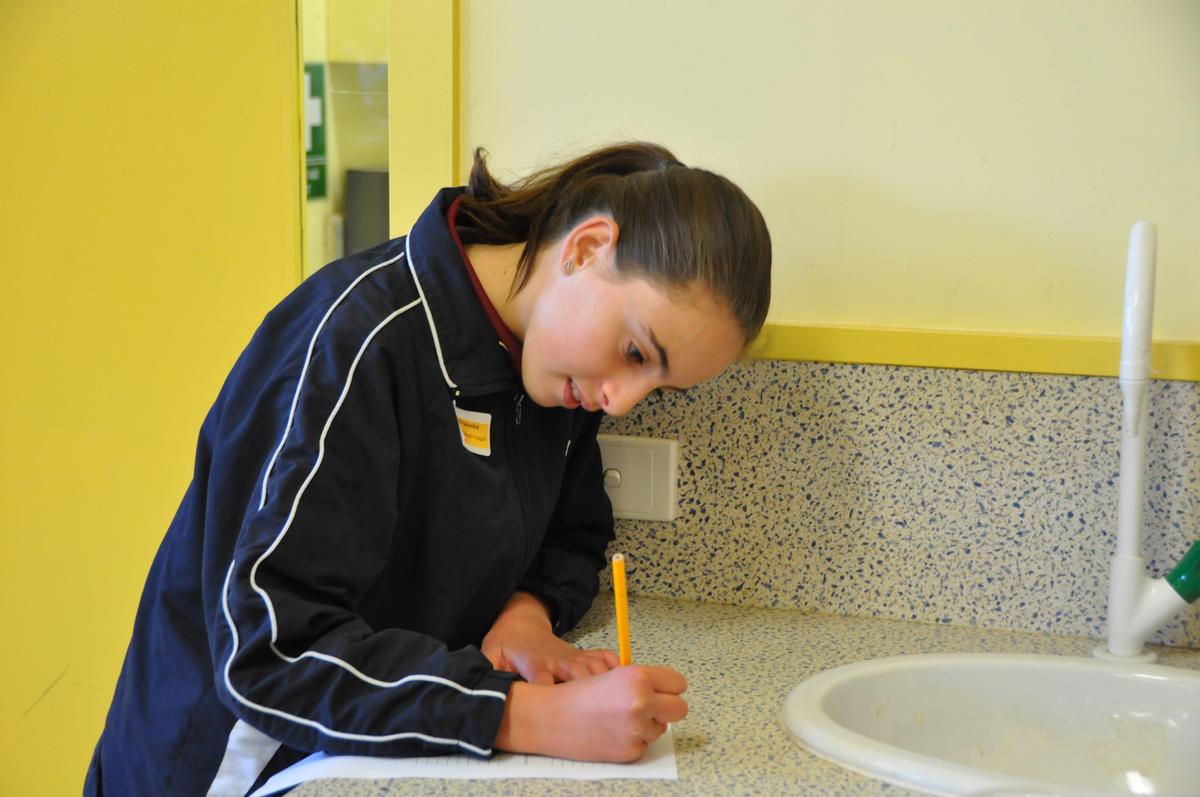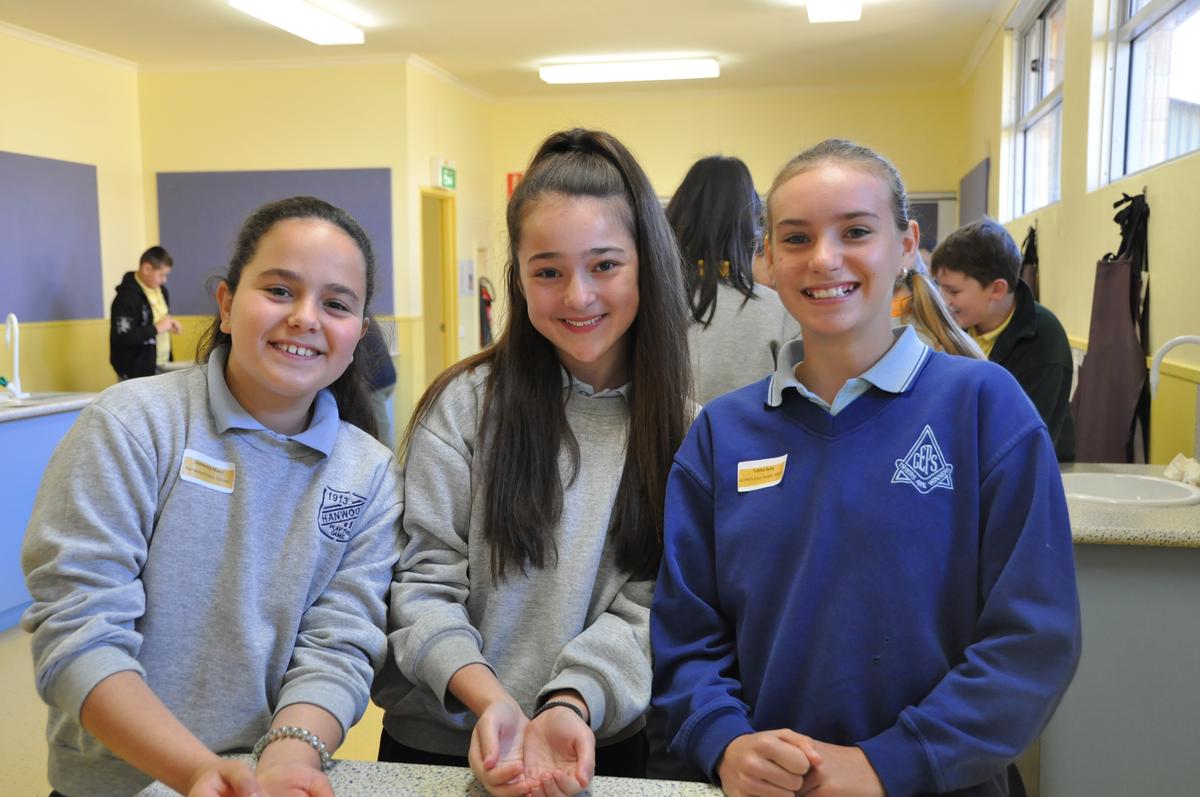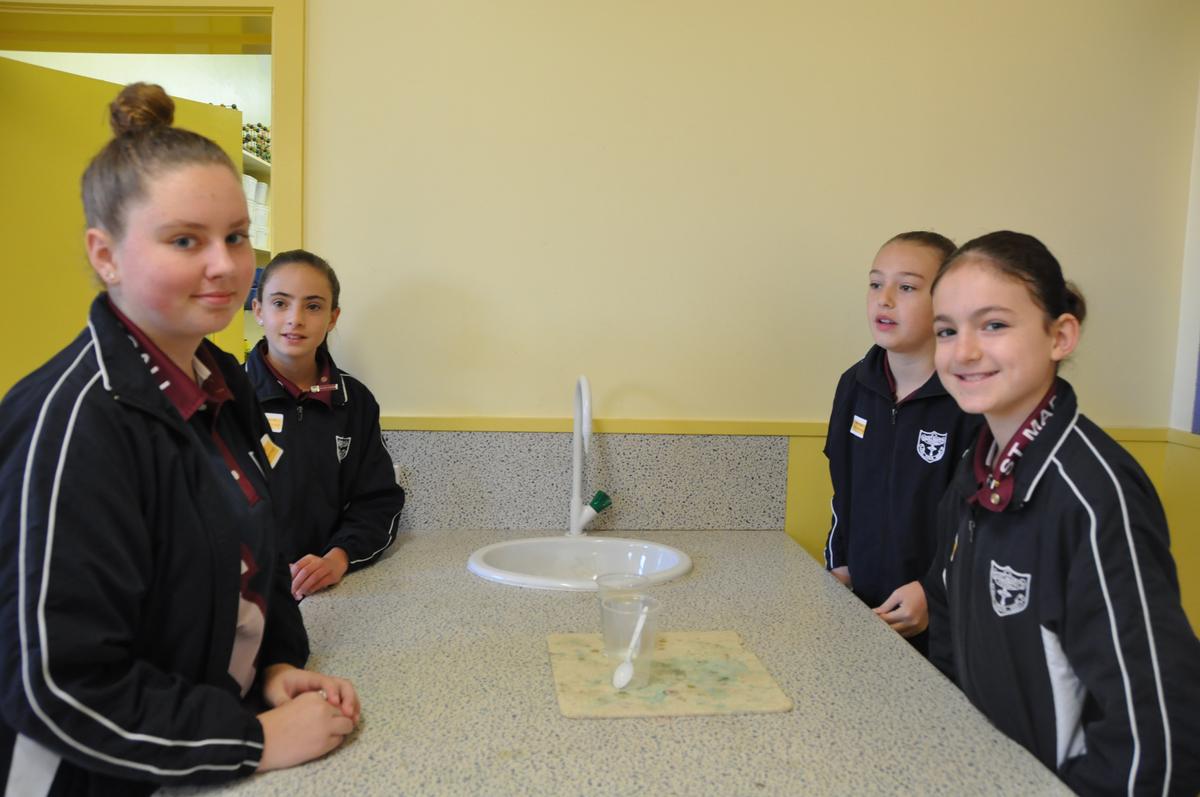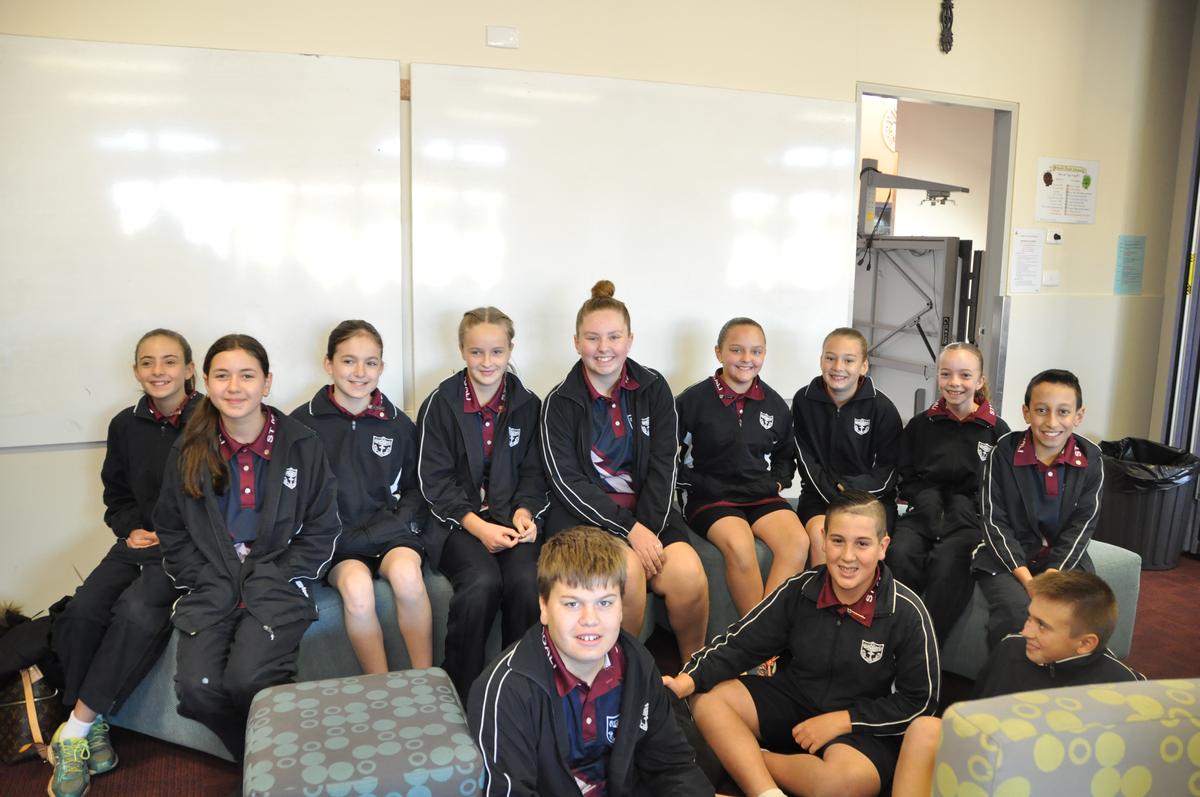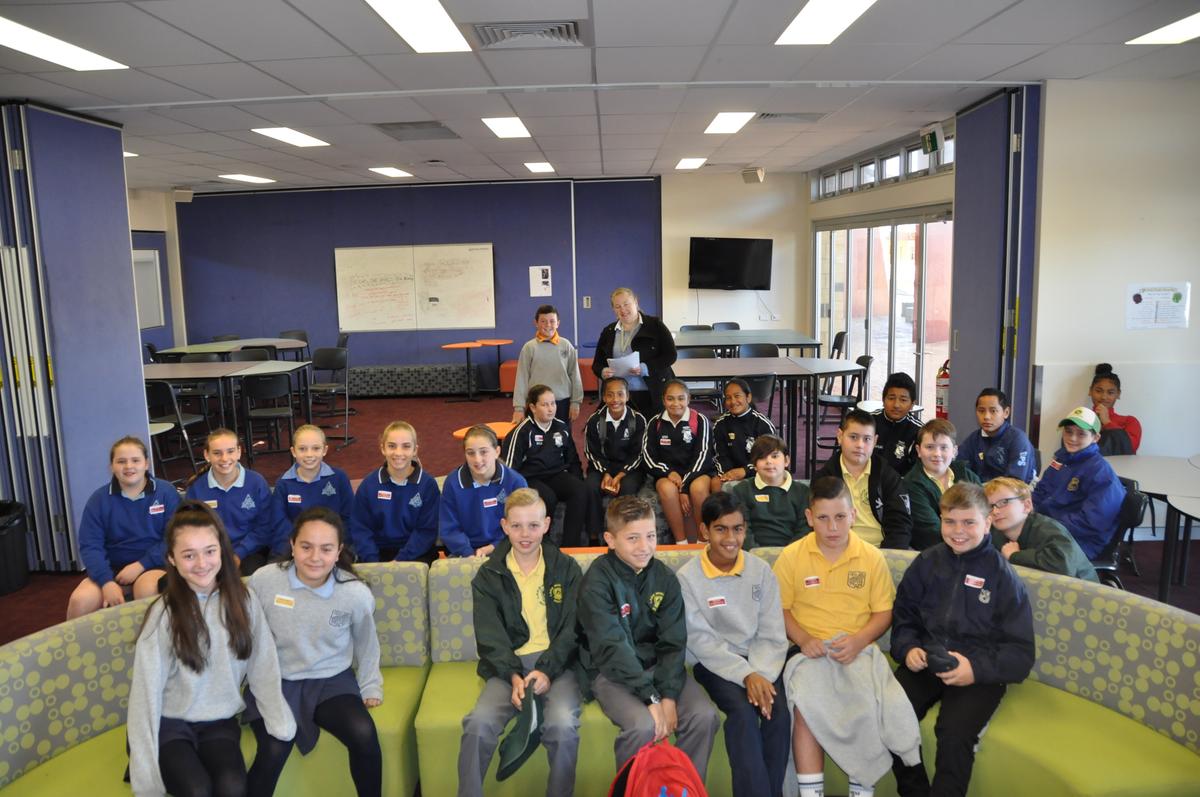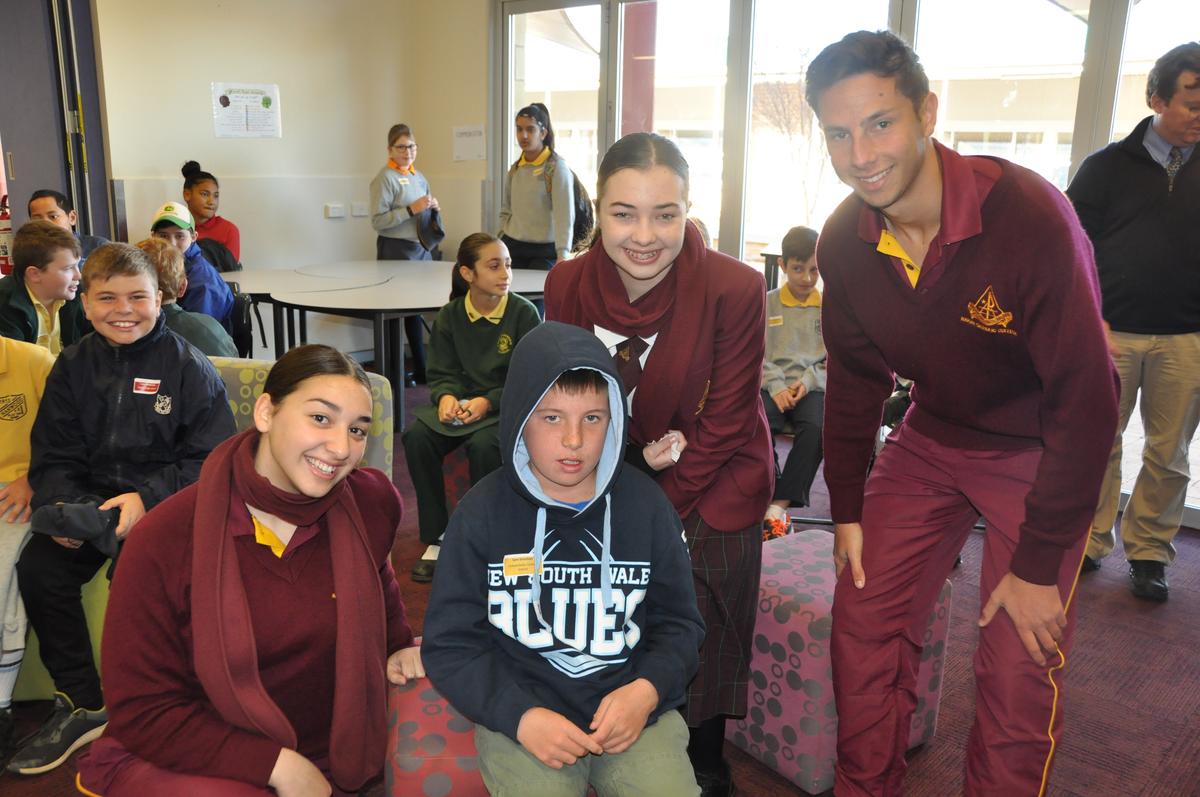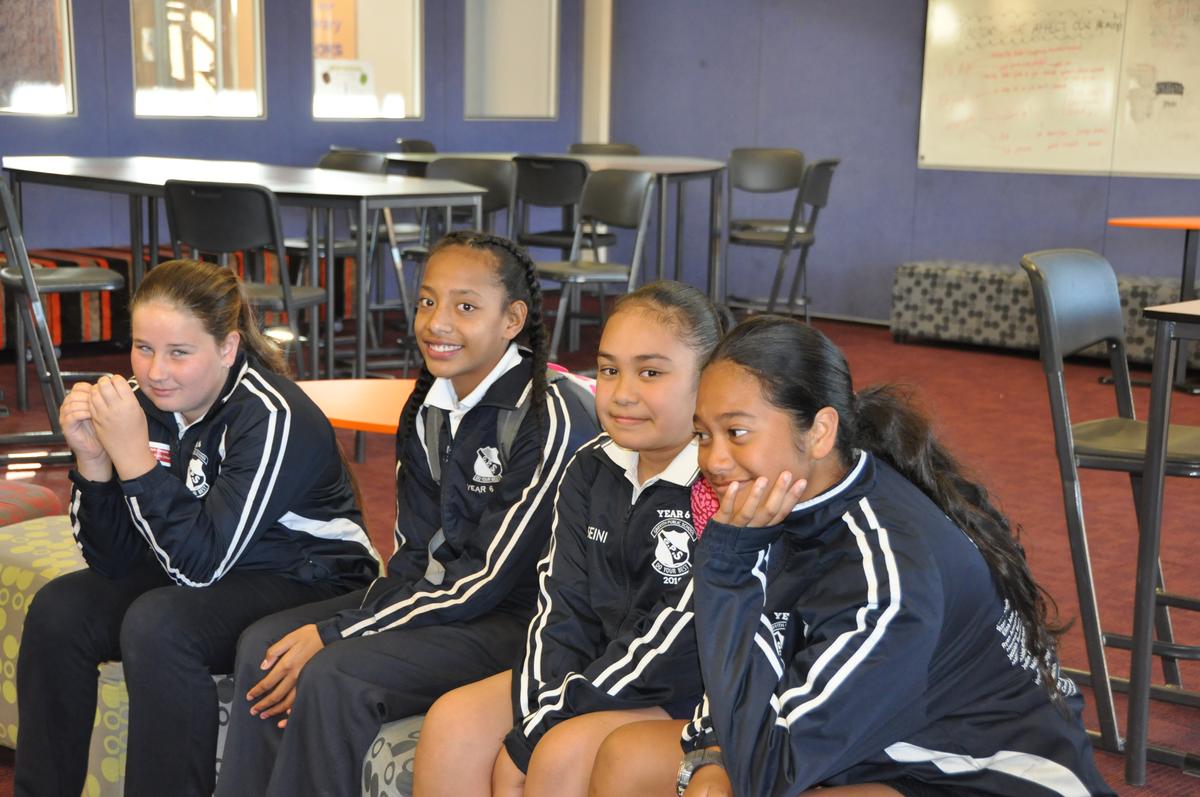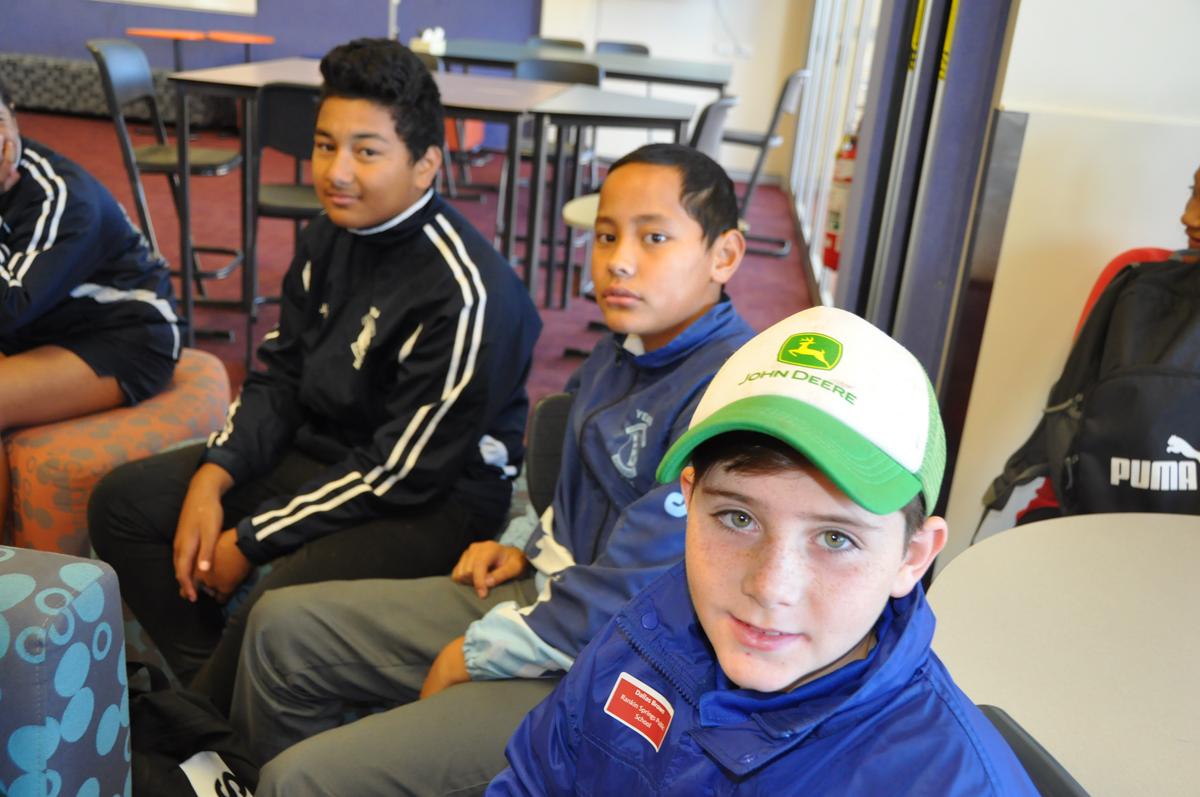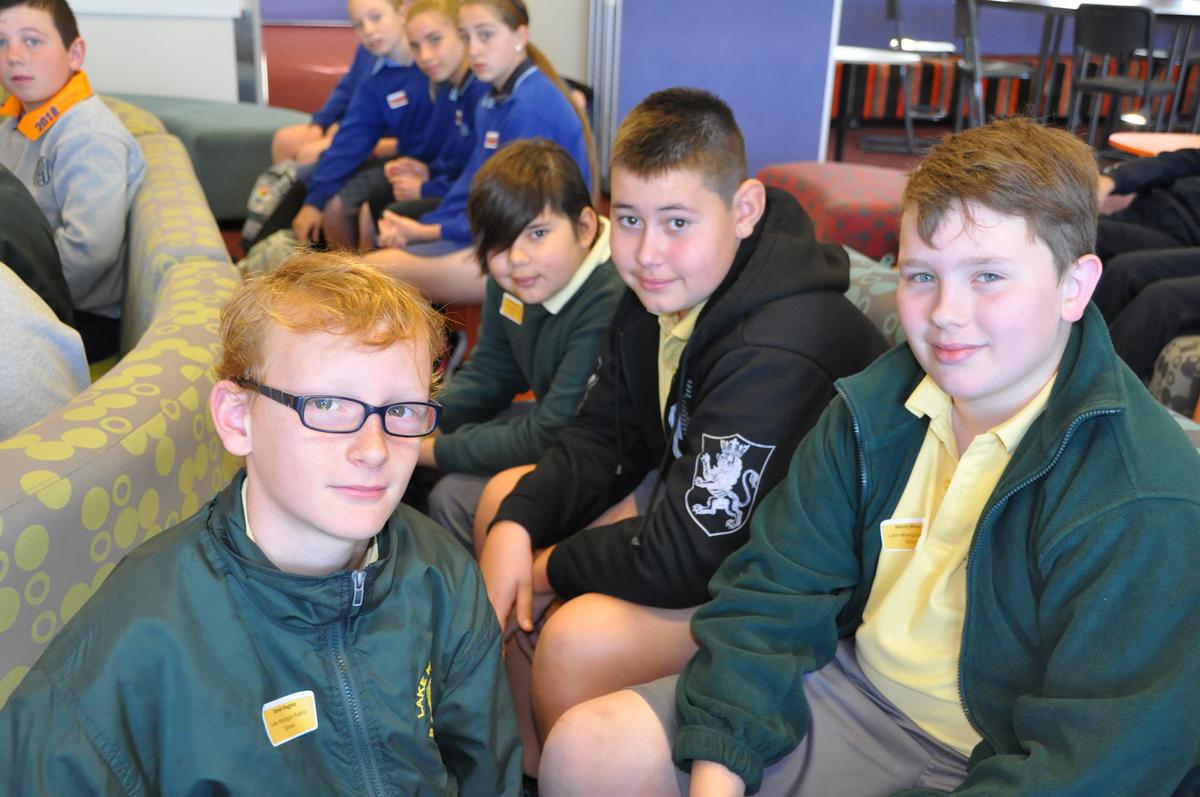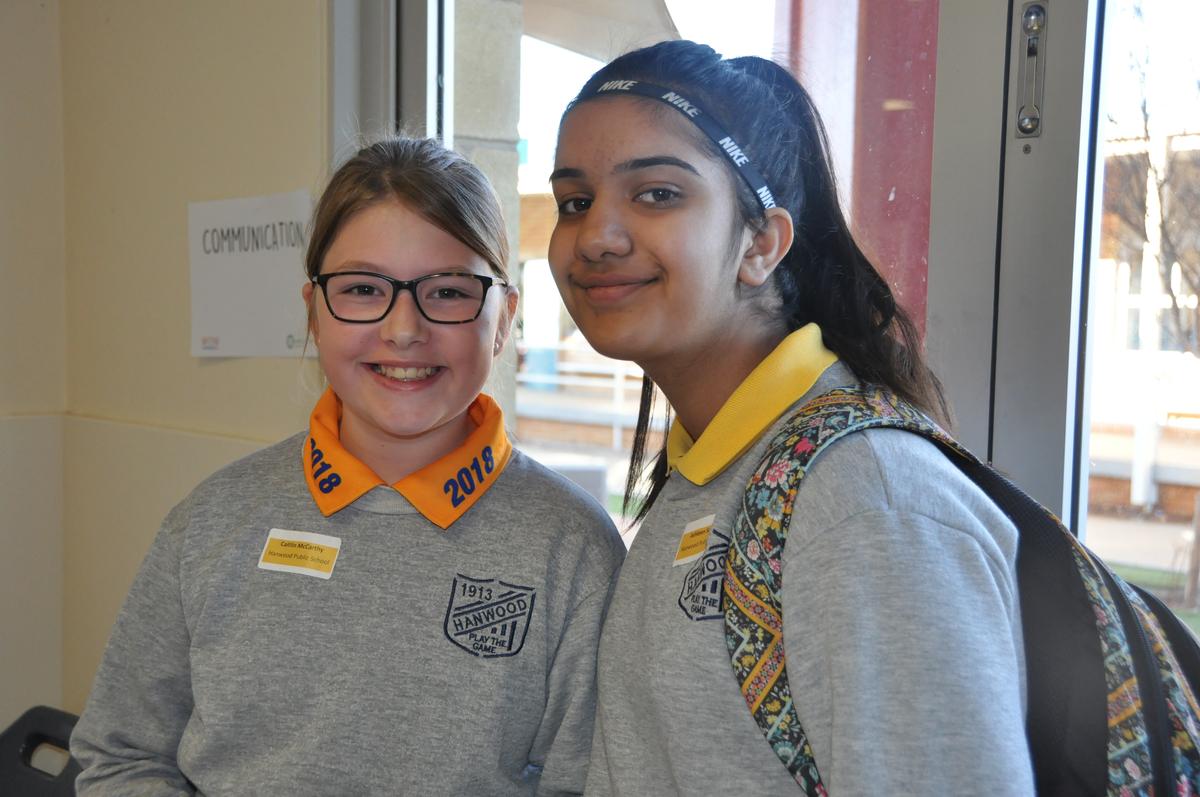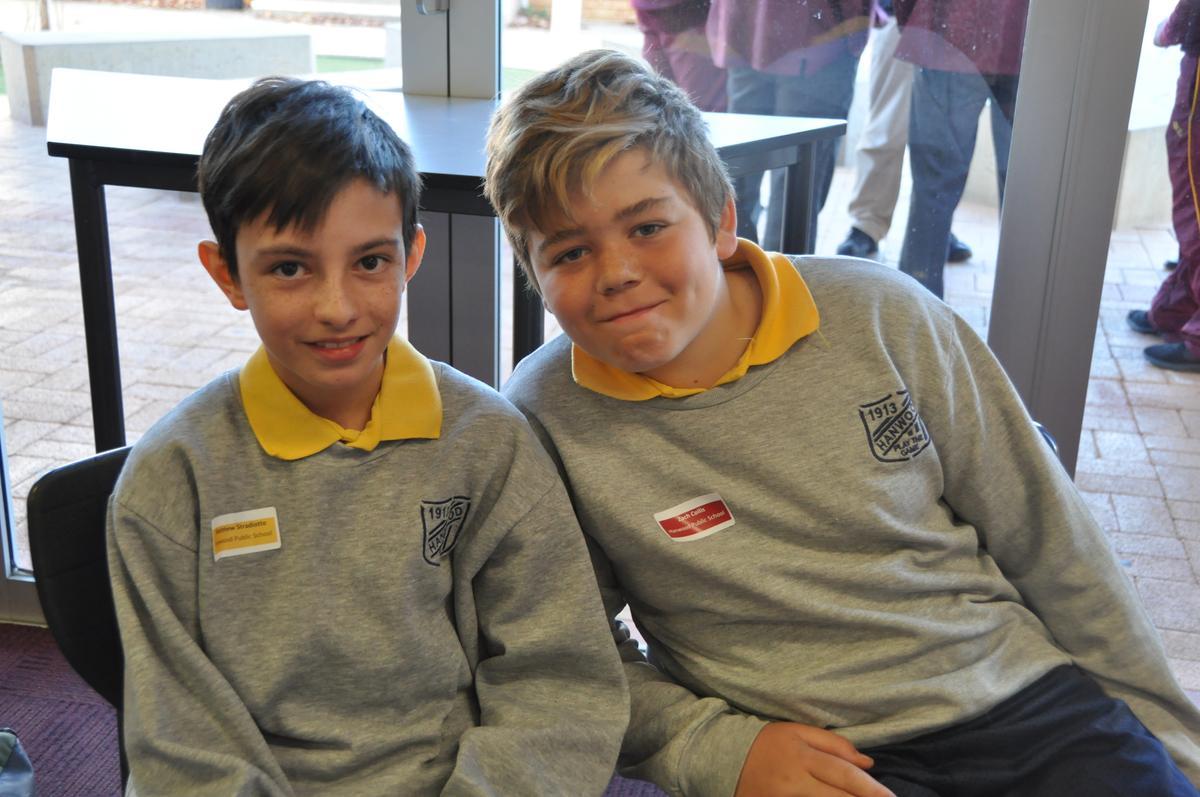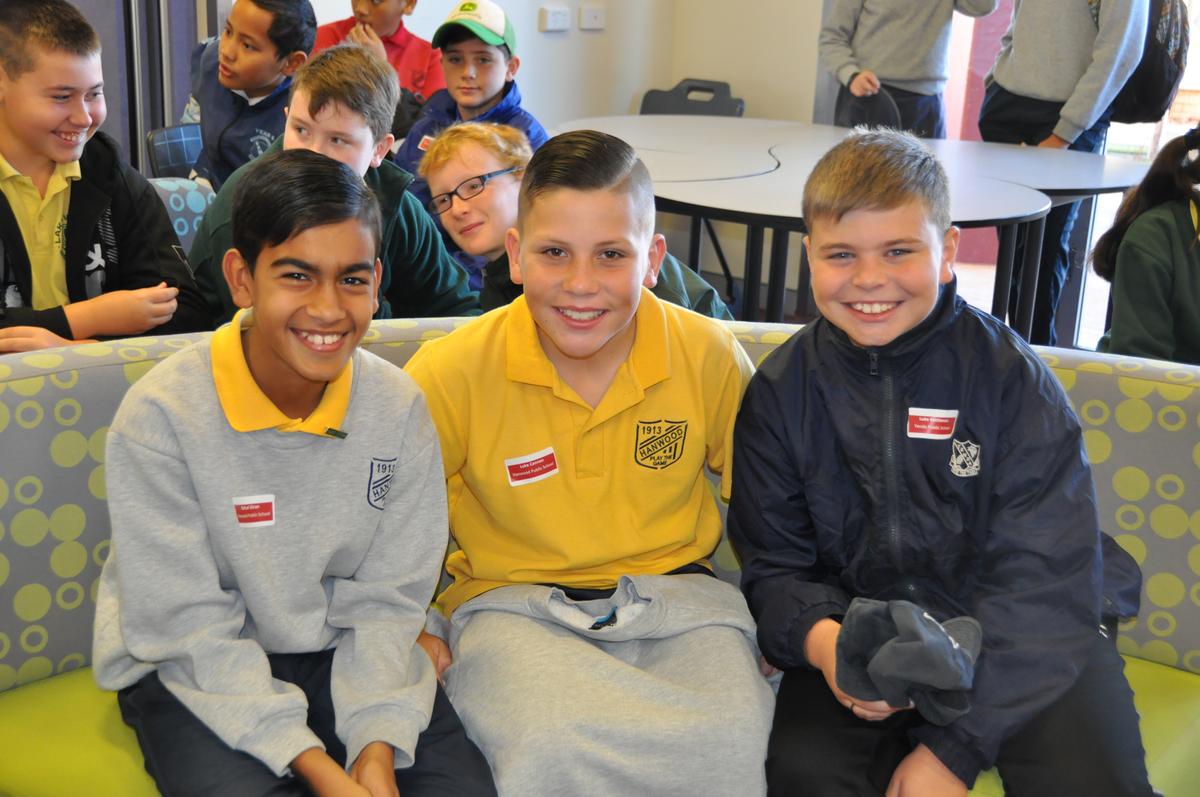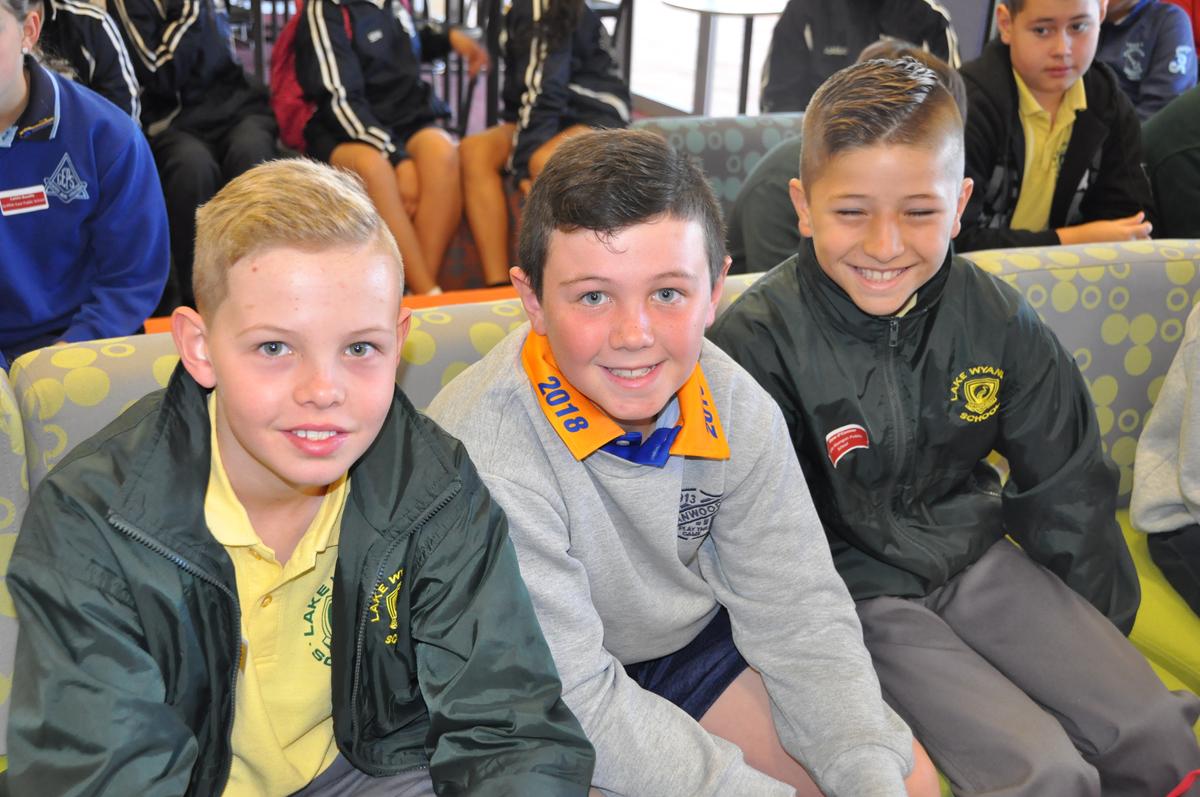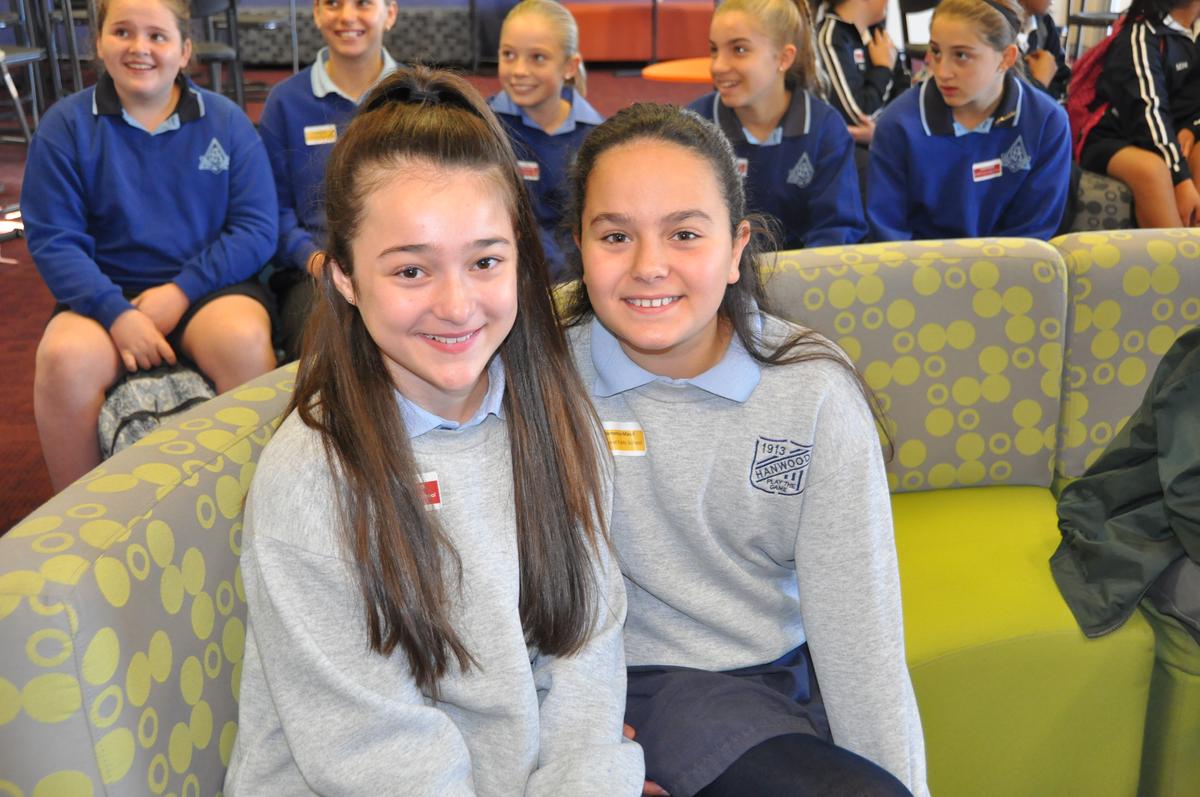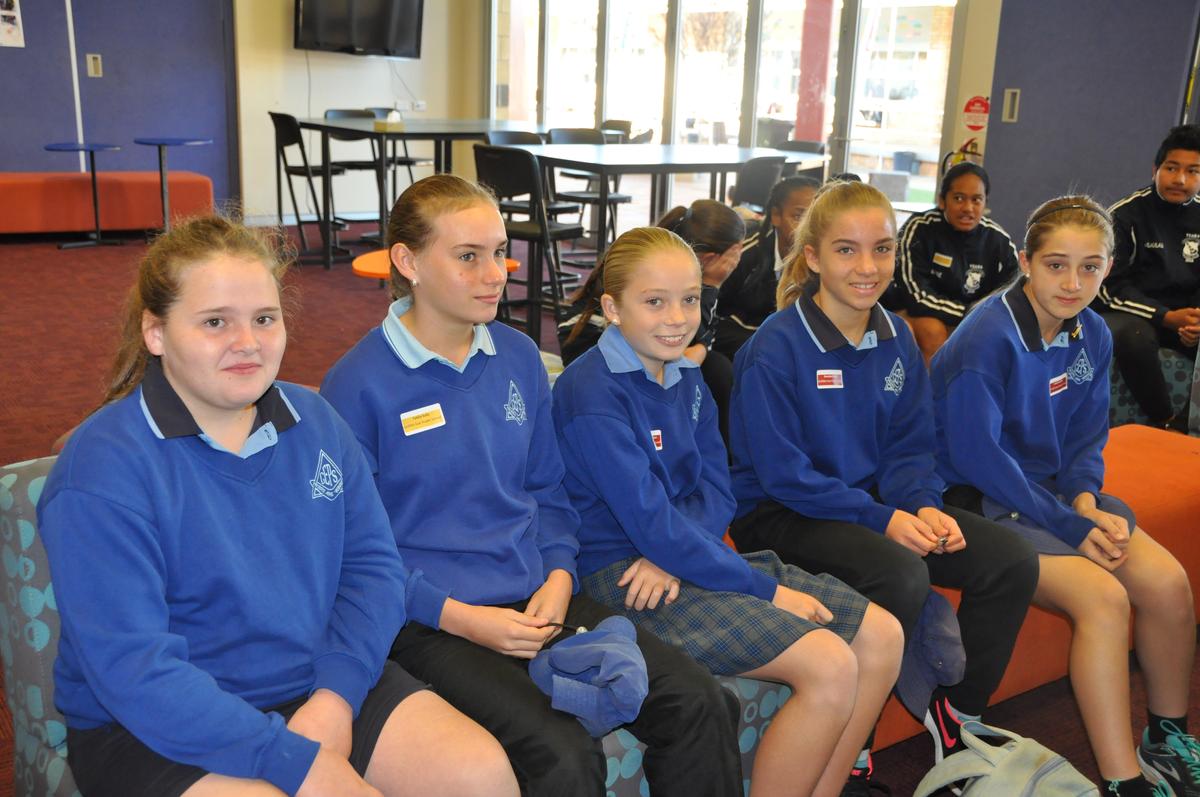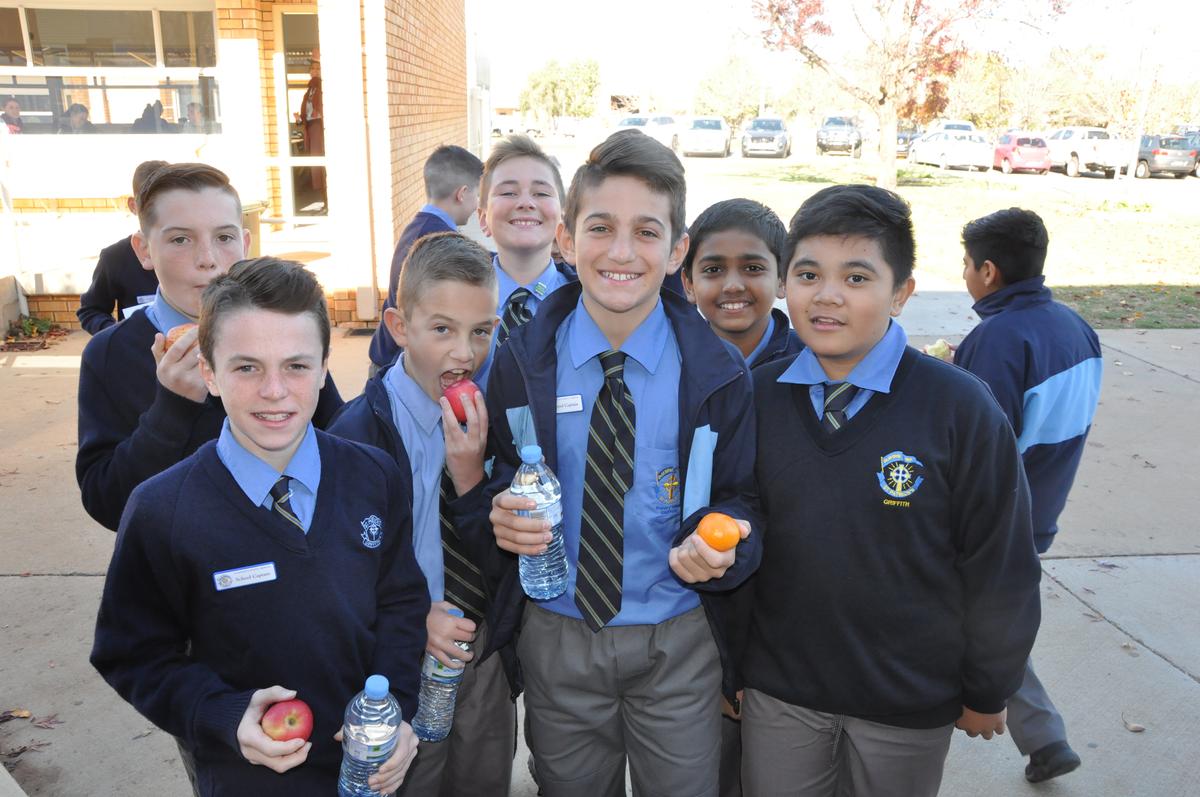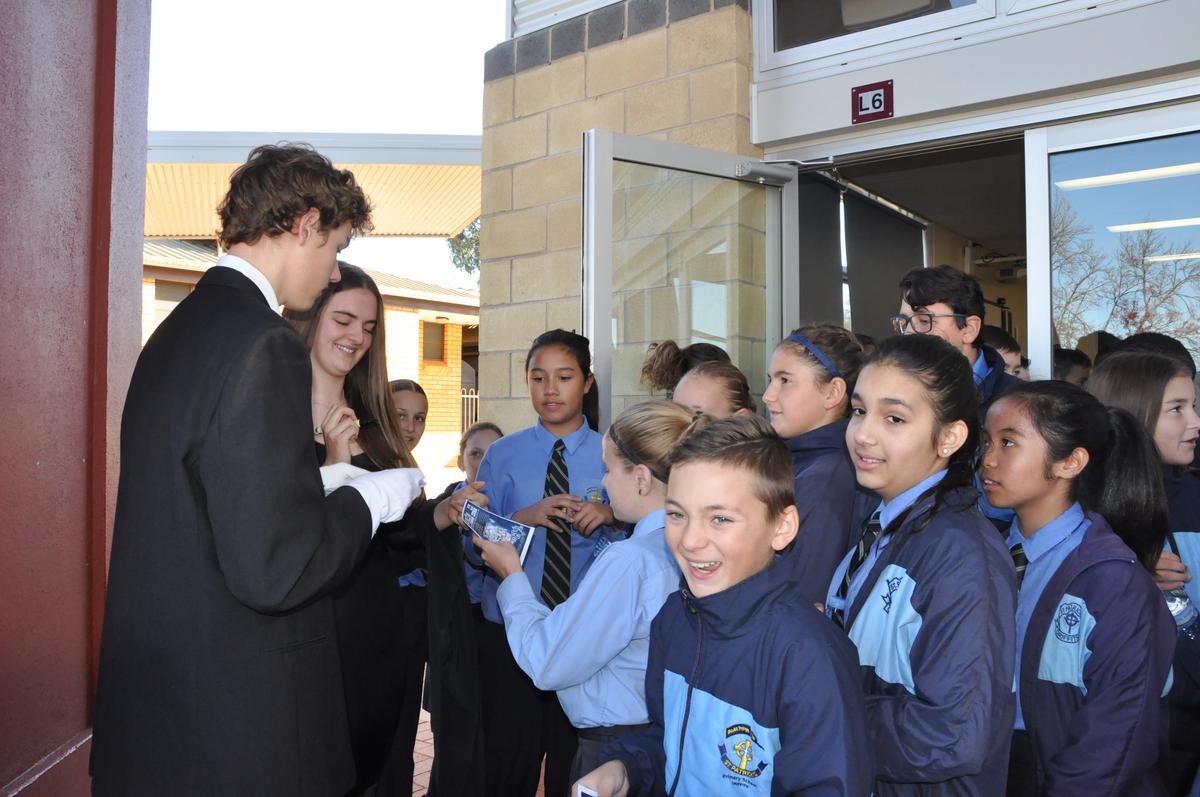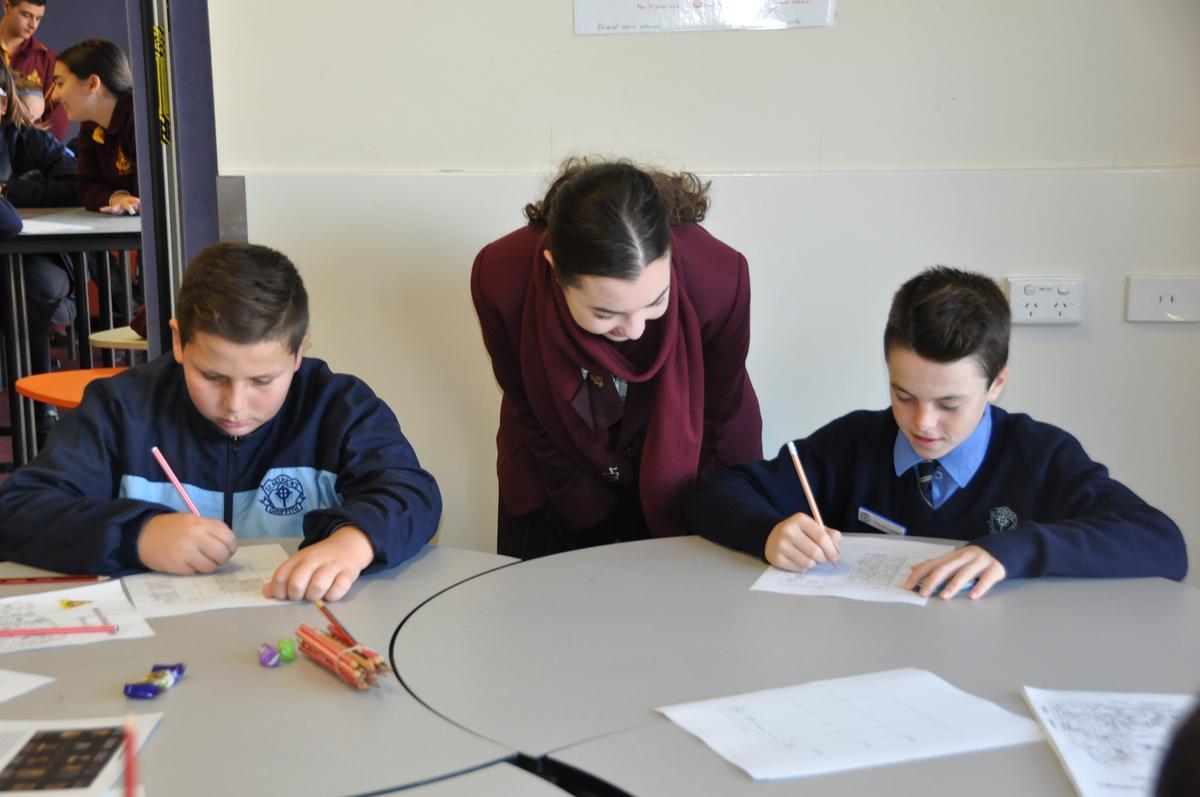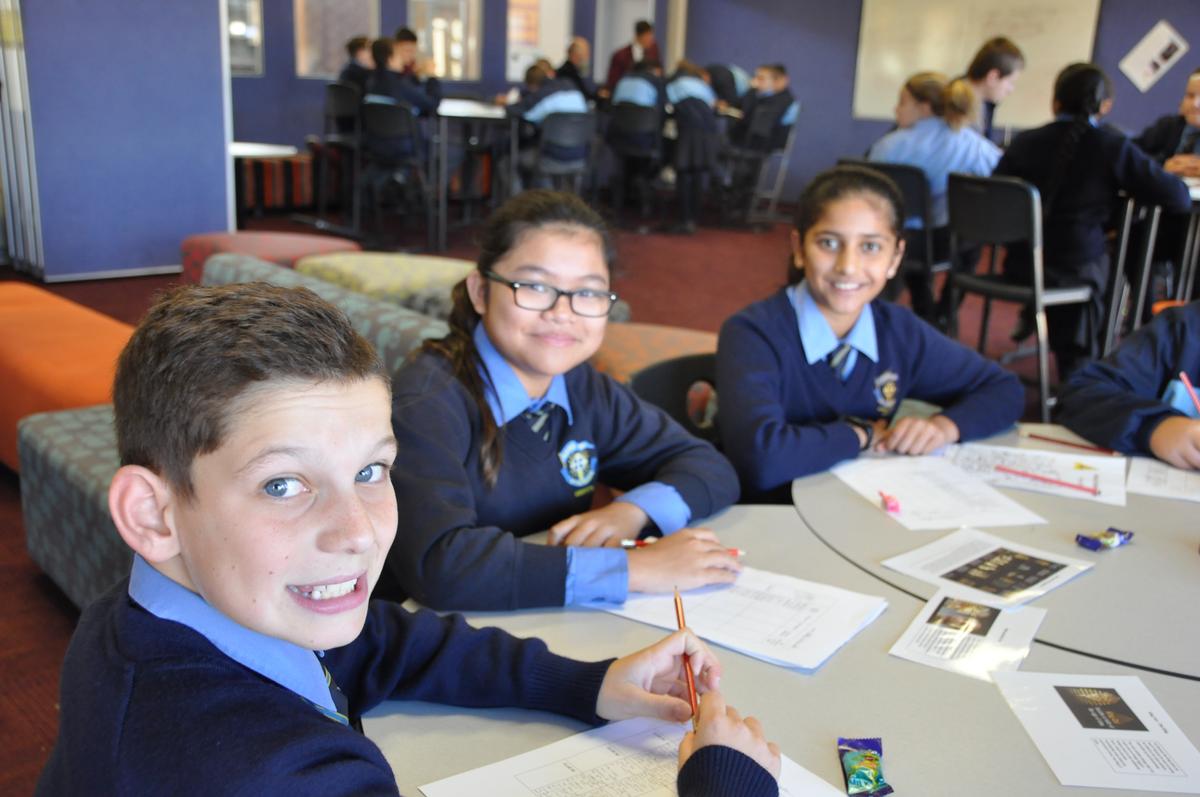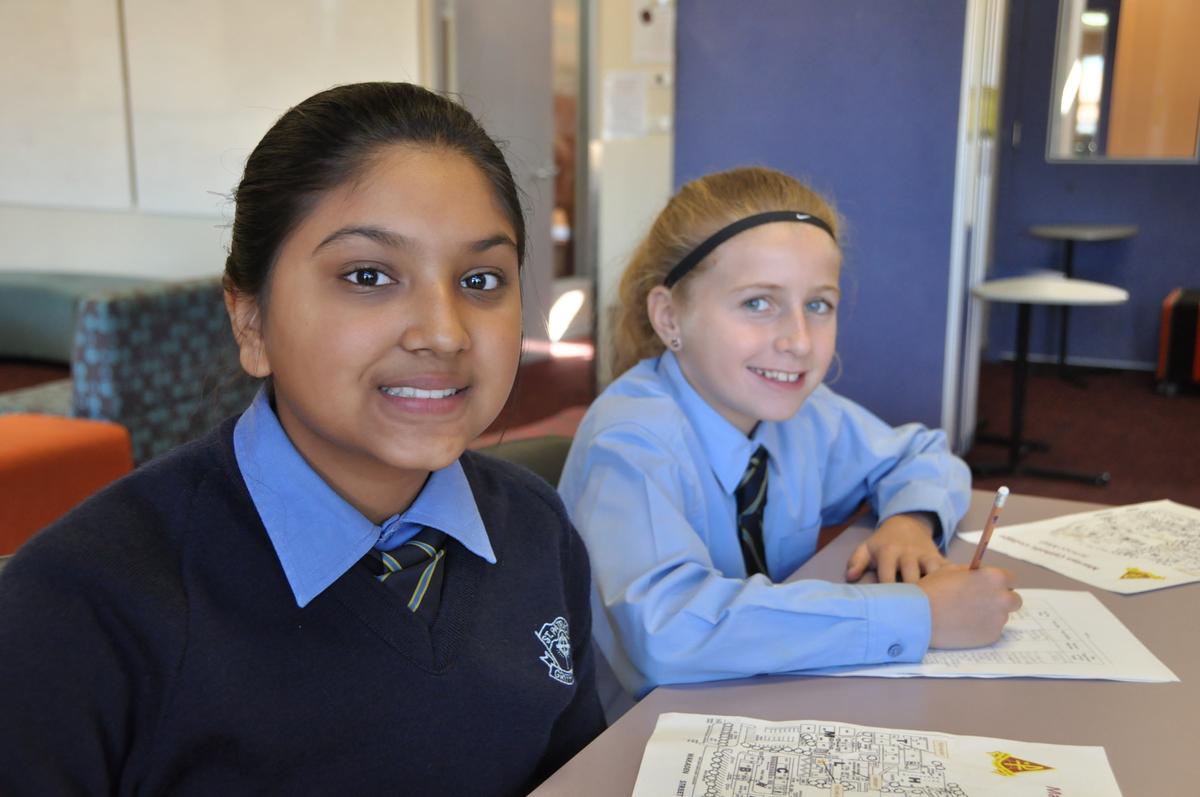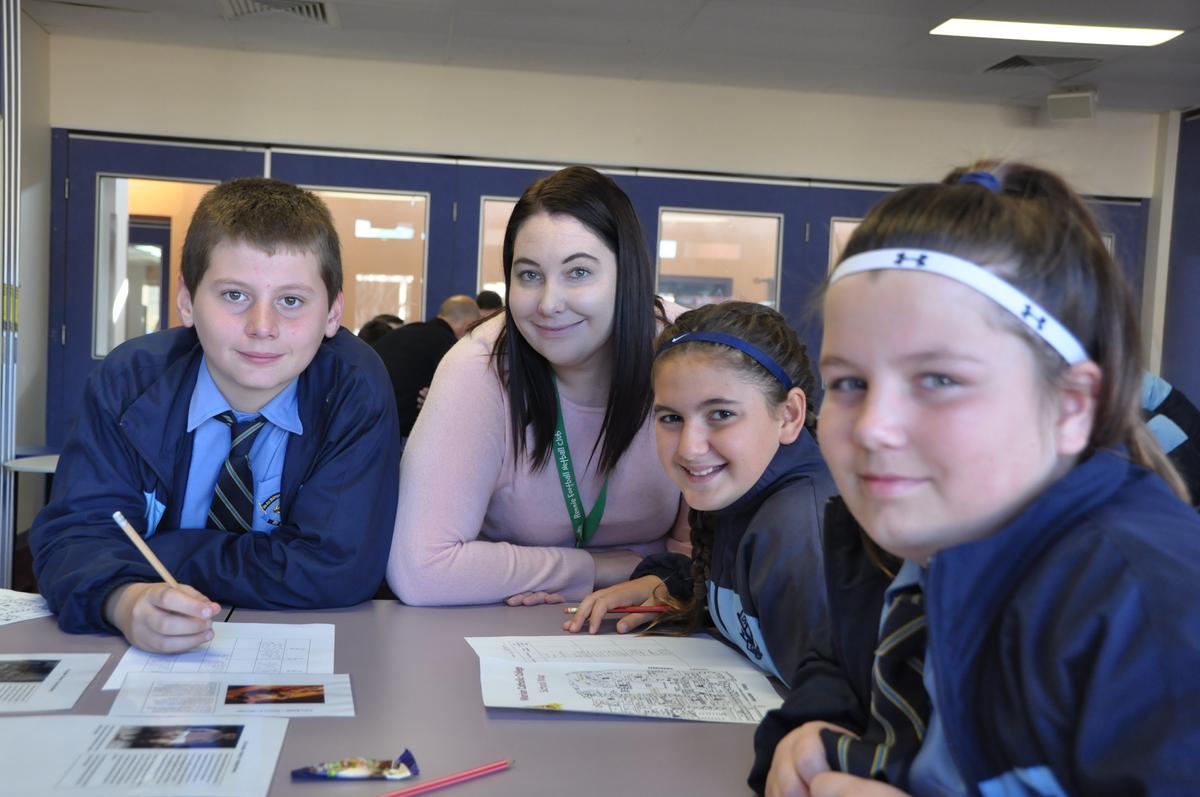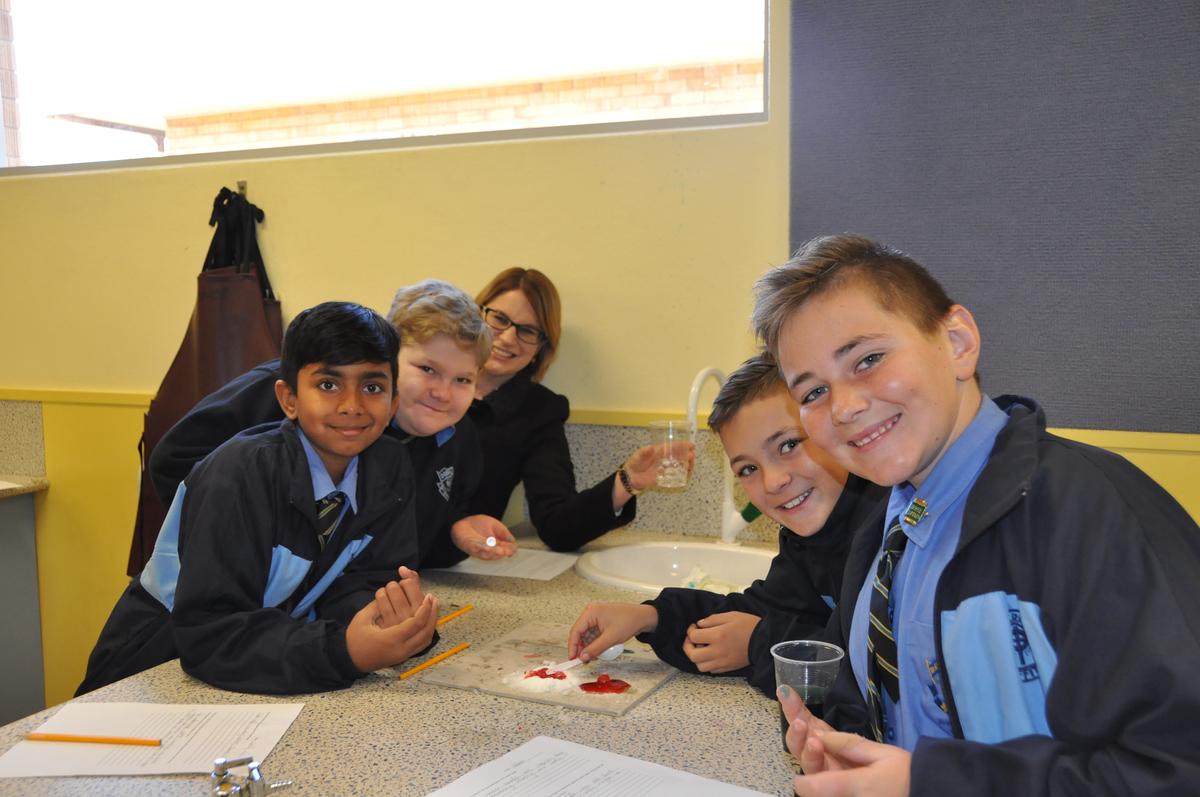Assistant Principal Page
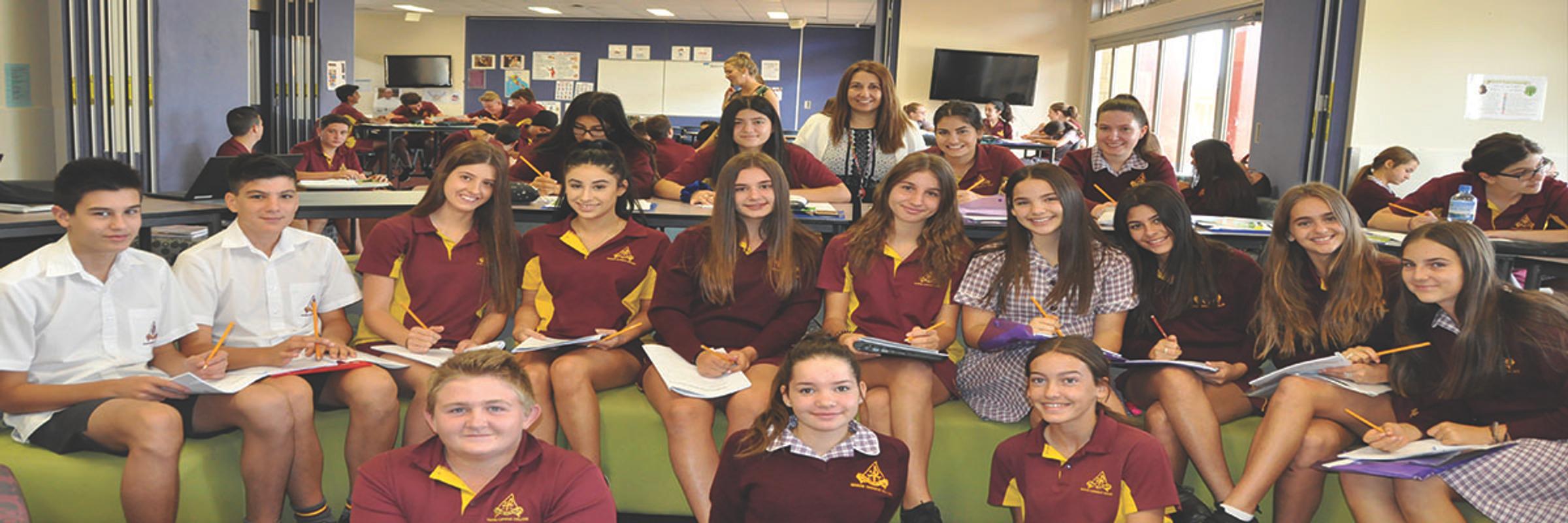
INTRODUCING PROJECT-BASED LEARNING
Project-based learning (PBL) is an approach to teaching and learning that engages students in rich and authentic learning experiences. PBL can be transformative for your teaching practice but requires strong, supportive leadership and a commitment to innovation and contemporary pedagogies.
In a PBL environment, students gain knowledge and skills by investigating and responding to an engaging question, problem or challenge.
At Marian Catholic College, KLA Leaders and teachers in the HSIE, Science, TAS and Religion Key Learning Areas are implementing a PBL learning and teaching framework and approach for some relevant units of work in their disciplines, to address cross-curricula content and learning dispositions through rigorous, authentic, hands-on, interactive learning experiences.
Why use project-based learning?
PBL is interdisciplinary (cross-curricula) and focuses on active, student-directed learning. It gives students an authentic, real-world context for learning where student voice matters.
Students face complex challenges in a post-school environment where problem-solving, collaboration and creativity are highly valued skills.
Key reasons for using PBL include:
- well-scaffolded PBL engages students in their personal learning journey
- offers students an opportunity to build confidence, solve problems, work in teams, communicate ideas, and manage themselves more effectively
- encourages students to use technology in authentic ways
- connects students and schools with communities locally and globally.
Key elements of project-based learning
Key elements of project-based learning
Project-based learning (PBL) is a dynamic, flexible pedagogy that may look different for every group of students in every classroom. The essential elements promote deeper learning, greater engagement and higher quality work.
These elements include:
- challenging problem or question
- sustained inquiry
- authenticity
- application of learning
- integration
- student voice and choice
- A public product for an authentic audience
- feedback loops of critique, reflection and refining of the product - including formative and summative assessment.
When PBL is effectively programmed and scaffolded, this can have a significant impact on your students and teaching practices.
HSC MINIMUM STANDARD UPDATE FOR YEAR 10 PARENTS
A minimum standard of literacy and numeracy is required to receive the highest standard for the HSC award from 2020 to reflect the importance of literacy and numeracy for success in daily life.
Please note that this minimum standard (the HSC Minimum Standard) is not the same as the National Minimum Standard (NMS) used within NAPLAN in Year 9. Currently, to achieve the NMS in NAPLAN in Year 9 students need to achieve a Band 6 on NAPLAN assessments.
The HSC Minimum standard is pertinent to students in NSW only, who wish to attain their Higher School Certificate of the highest standard.
Exemptions from the HSC Minimum Standard
NESA will maintain an equitable pathway to the HSC credential for students with an intellectual disability. Students taking the Life Skills courses outlined below will be exempt from meeting the minimum standard for the award of the HSC from 2020:
students taking an English Life Skills courses
students taking a Mathematics Life Skills course
students taking a pattern of study comprising four or more Life Skills courses.
NESA is currently considering other circumstances that may justify a student being exempt from the minimum standard requirement.
Information regarding students sitting the test:
● Year 10 Students who did not receive a Band 8 or above in the 2017 Year 9 NAPLAN tests, will need to take the HSC minimum standard online tests between now and Year 12 to receive their HSC in 2020.
● There will be multiple opportunities for students to show they meet the HSC minimum standard by passing online tests of basic reading, writing and numeracy skills.
● The students can only sit each of the tests twice in a calendar year
● These tests will be offered to students on the following dates in 2018:
Monday to Thursday, June 4 -7 (Term 2, Week 6)
Monday to Thursday, November 26 - 29 (Term 4, Week 7)
Practice and demonstration tests will be conducted during some allocated lessons of the week prior to the dates indicated above.
Please be assured that if your child achieved Band 8s or above in one or more of the 2017 Year 9 NAPLAN reading, writing or numeracy tests, they are recognised as having met the HSC minimum standard in that area/s and will not need to sit the corresponding online test/s.
The school will work with students to ensure they are aware of which test/s (if any) they are required to complete. Students will have many opportunities to meet the HSC minimum standard, even after they finish Year 12.
It is important to note however:
● The school will schedule two test windows per year in Years 10, 11 and 12 to give students every opportunity to meet the minimum standard.
● Students have five years from the year they start their first HSC course to meet the HSC minimum standard, so they can take the online tests after they leave school.
● Students will be able to sit their HSC exams and receive their HSC results regardless of whether they attain the HSC minimum standard. However, without the minimum standard, they will not receive the Higher School Certificate.
● Students who do not meet the HSC minimum standard will receive a Record of School Achievement (RoSA) which contains a student’s record of academic achievement up until the date they leave school.
● The HSC is not required to receive an Australian Tertiary Admission Rank (ATAR). This means students who do not meet the HSC minimum standard will still be able to apply to university, provided they meet all other ATAR requirements.
● Students who leave school prior to Year 12 can choose to sit the minimum standard online tests (the minimum standard literacy and numeracy tests will replace the current online Literacy and Numeracy tests from 2018).
After a student completes an online test, the school and student will receive a results report. Students will be able to view their progress towards meeting the three areas of the HSC minimum standard via their Students Online account.
If you require any further information, or wish for your child to NOT participate in this testing, please contact the school on telephone 69 69 2400.
Transition Program 2018
Session One of our MCC Transition Program with the Year 6 students of St Mary’s Yoogali, St Patrick’s Griffith and students from the local public schools occurred this week. The session focused on the comprehension strategy of making inferences through exploring historical inquiry of sources and ancient artifacts via a scavenger hunt, and through investigating science with experimentation activities and skills.
Teachers, Miss Brittany Crofts, Mrs Lora Segrave, Ms Lisa Davis, and Mr Elijah Marshall, team-taught to provide the students with a two-hour learning sequence, exploring authentic experiences of collaborative, inquiry learning in problem solving and critical thinking skills for historical and scientific contexts. Feedback from the students and the Year 6 teachers detailed that both History and Science experiences were extremely enjoyable and that they all learnt a lot about the skills and thinking used in historical analysis and science inquiry.
The Year 6 students will be returning to MCC for the second session of the Transition Program in Term Three.
